People
Director and Vice Directors
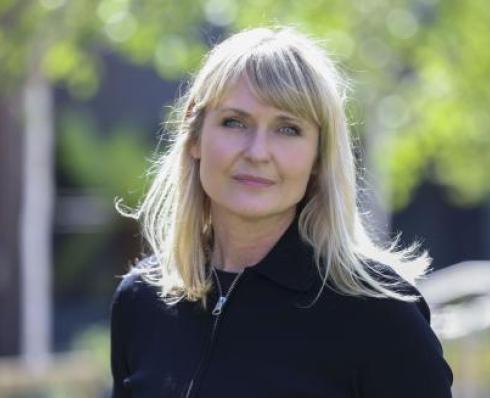
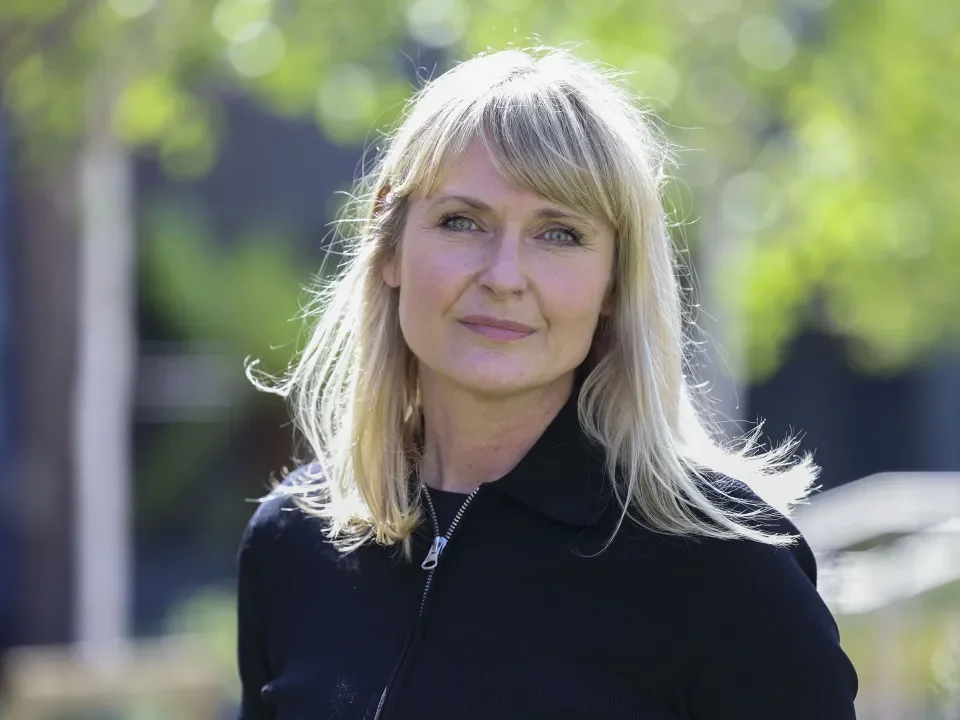
Prof Debbie Ging
Prof Debbie Ging is the Director of DCU Institute for Research on Genders and Sexualities. She also leads Strand 2 Gender, Sexuality and New Technologies.
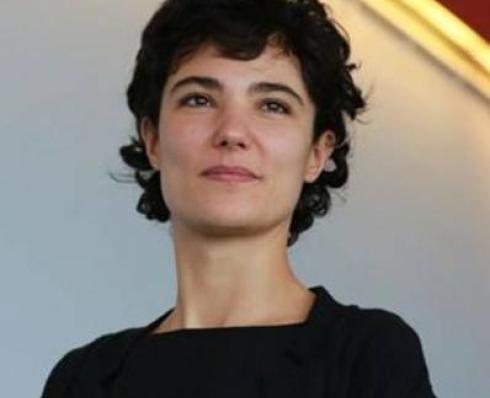
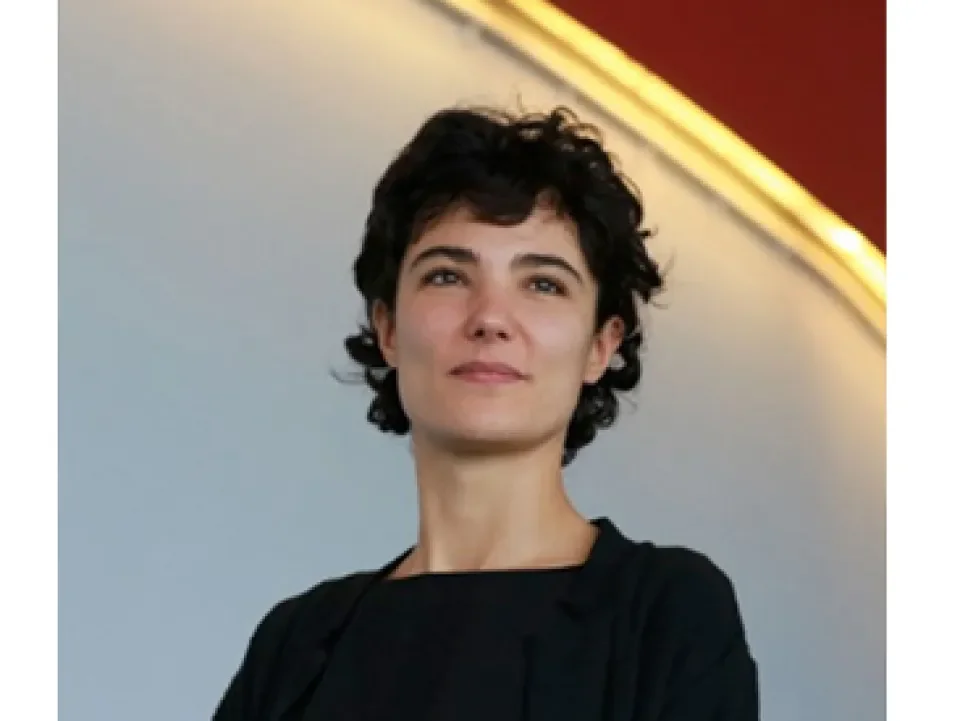
Dr Paola Rivetti
Dr Paola Rivetti is a Vice Director of the DCU Institute for Genders and Sexualities. She co-leads Strand 1 Gender, Sexuality and Social Justice
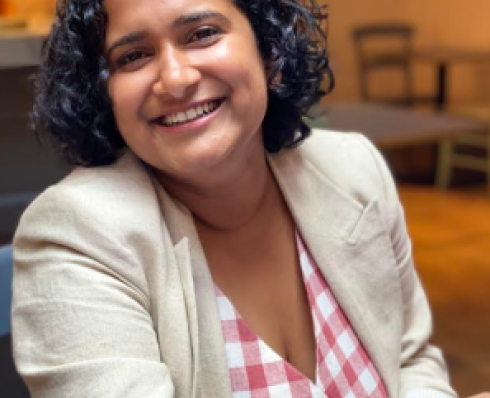
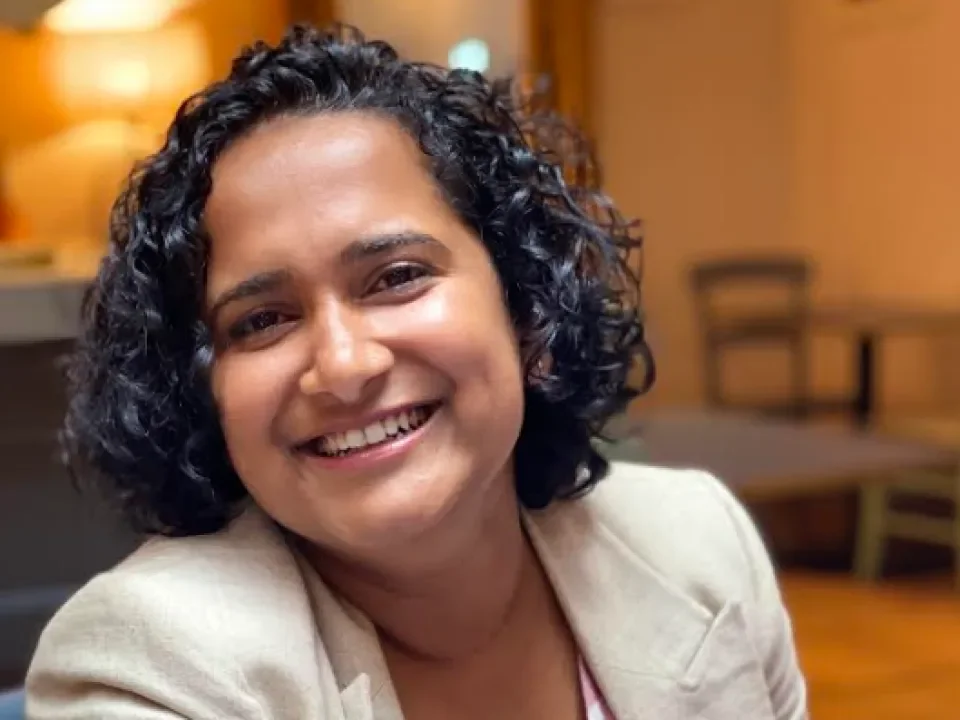
Dr Arpita Chakraborty
Dr Arpita Chakraborty is a Vice Director of DCU Institute for Genders and Sexualities. She also co-leads Strand 1 Gender, Sexuality and Social Justice.
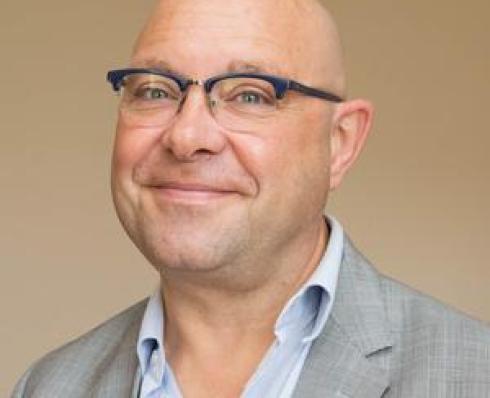

Dr Jean Phillipe Imbert
Dr Jean Phillipe Imbert is a Vice Director of DCU Institute for Genders and Sexualities. He also leads Strand 3 Gender, Sexuality, Arts and Culture
Strand 1: Gender, Sexuality and Social Justice
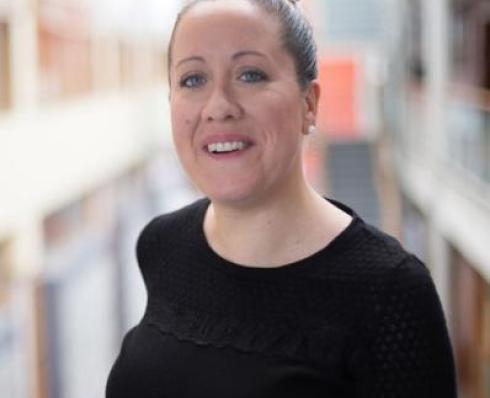

Dr Maura Conway
Maura Conway is Paddy Moriarty Professor of Government and International Studies in the School of Law and Government at Dublin City University (DCU); professor of Cyber Threats in CYTREC at Swansea University, UK; and Coordinator of VOX-Pol, a EU-funded project on violent online political extremism (voxpol.eu). Prof. Conway’s principal research interests are in the area of terrorism and the Internet, including cyberterrorism, the functioning and effectiveness of extremist and terrorist online content, and online radicalisation. She is the author of over 40 articles and chapters in her specialist area(s). Her research has appeared in, amongst others, Studies in Conflict & Terrorism, Media, War & Conflict, Parliamentary Affairs, and Social Science Computer Review. Prof. Conway has presented her findings before the United Nations in New York, the Commission of the European Union in Brussels, the UK House of Lords, and elsewhere. She is a member of the Academic Advisory Board of Europol’s Counter-terrorism Centre and a member of the Editorial Board of Terrorism and Political Violence.
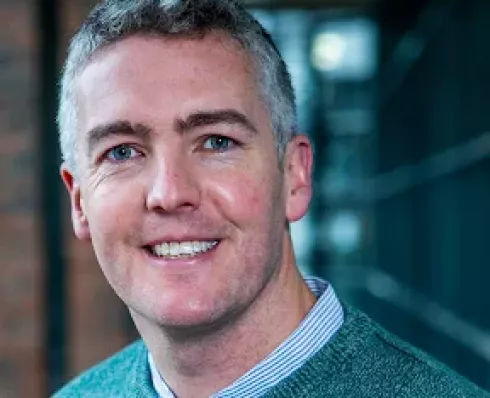
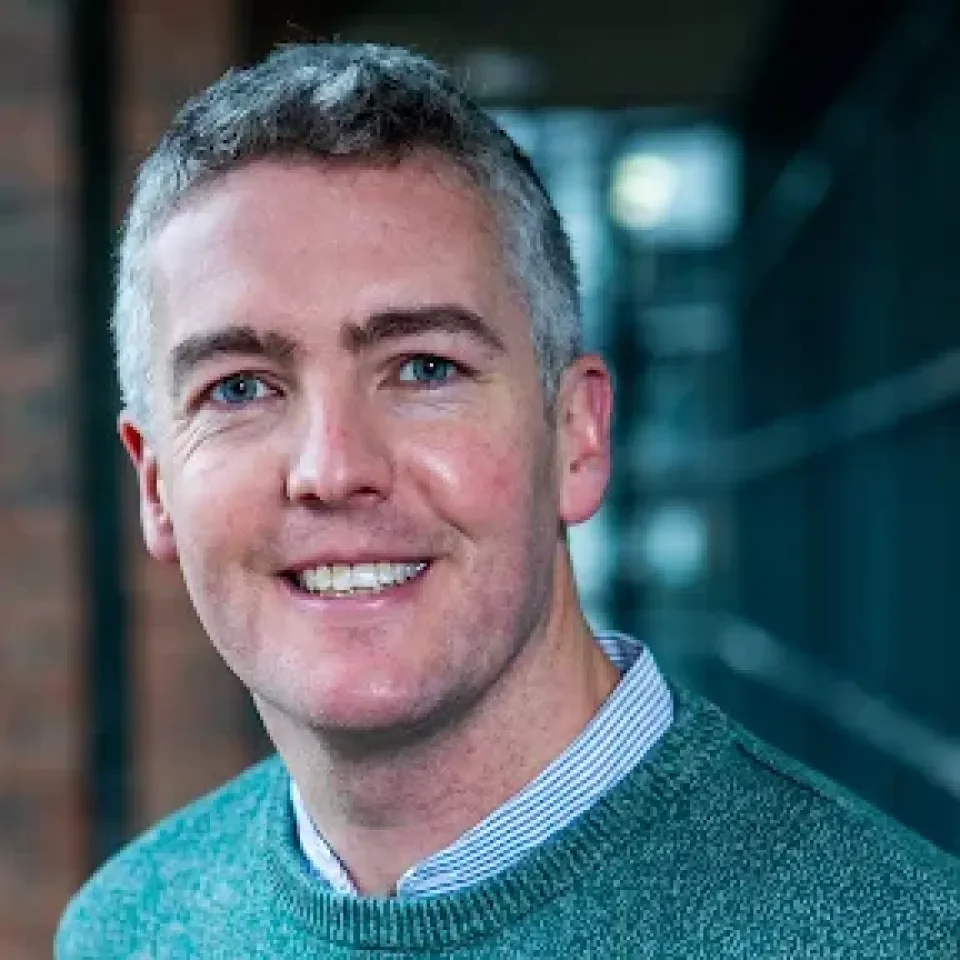
Dr Kenneth McDonagh
Biography
Kenneth McDonagh is Associate Professor of International Relations in the School of Law and Government. He was the Head of School from 2021-2024 and Associate Dean for Teaching and Learning in the Faculty of Humanities and Social Sciences from 2019-2021. His research is focused on EU Foreign Policy and Common Security and Defence Policy, the role of small states in CSDP, and the gendered impact of CSDP missions. He has published on the EU as a global actor, the gendered impact of CSDP missions and contributed to policy papers and training activities in the area of Women, Peace and Security and CSDP.
E-mail: kenneth.mcdonagh@dcu.ie
Tel: + 353 1 700 6476
Research Areas: CSDP, Small States and Women, Peace and Security in EU external action.
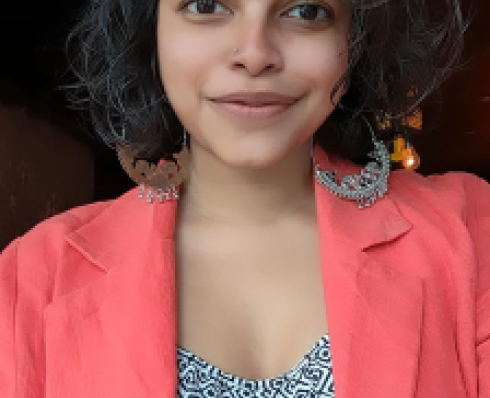
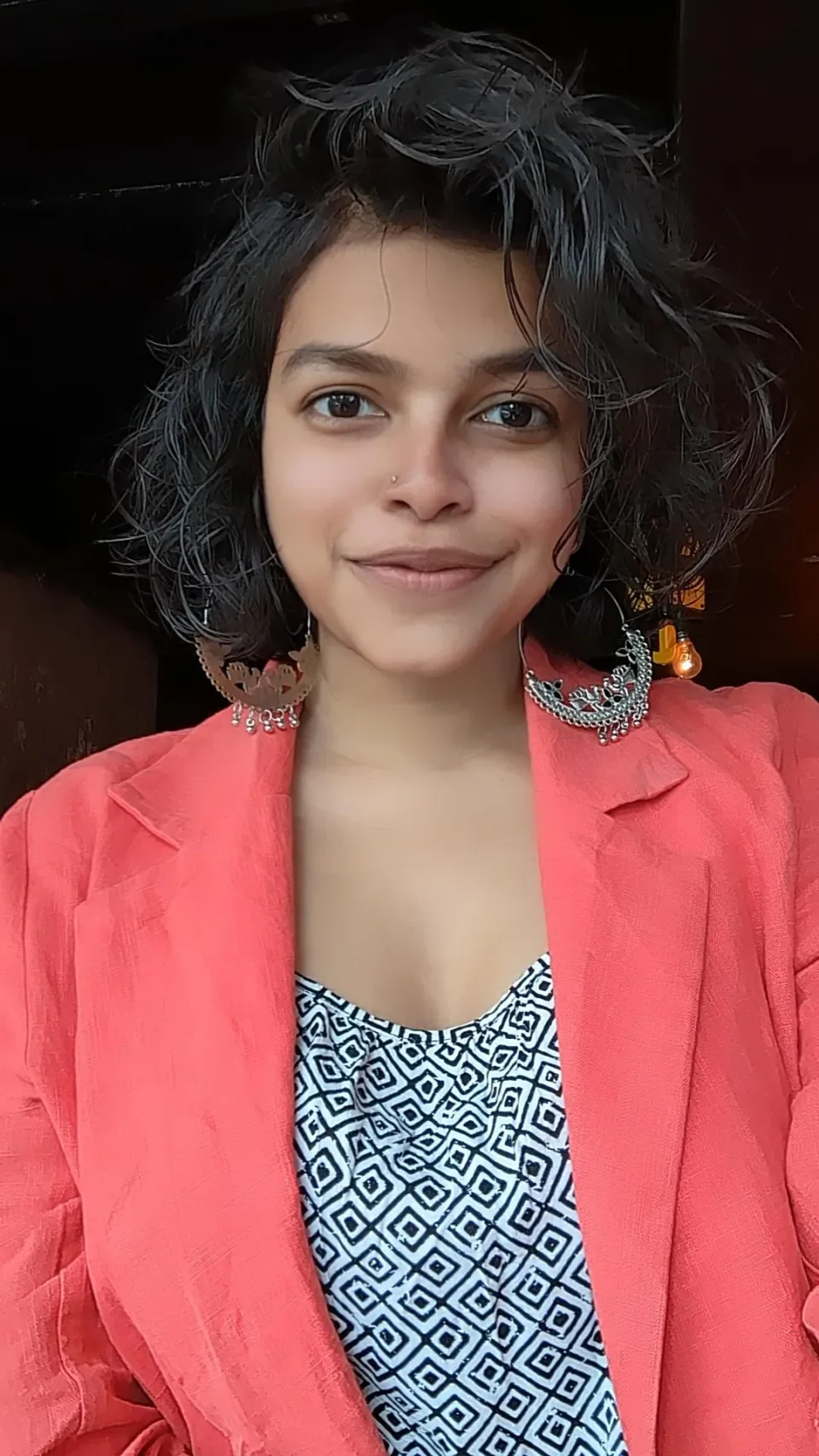
Dr Kusumika Ghosh
Kusumika Ghosh is an Ireland India Institute doctoral candidate at the School of Law and Government in Dublin City University. She researches feminist activism and citizenship in the Global South with a focus on India. Kusumika has a Master’s in Peace and Conflict Studies with the Institute Gold Medal from Tata Institute of Social Sciences, India.
She has published a volume of the Peace Studies Series at the North Eastern Social Research Centre titled Landscape of Conflicts and Peace in the Northeast: the role of Religion; and in 2021, co-edited Women and Peacebuilding: Perspectives from the Field. She has presented her PhD research in the IPSA World Political Science Congress, the EISA Pan-European Conference and is heading to the BASAS Annual Conference in 2024. Currently, Kusumika is editing a special issue on Anti-Feminist trends in Global Politics for Politikon.
Email: kusumika.ghosh2@mail.dcu.ie
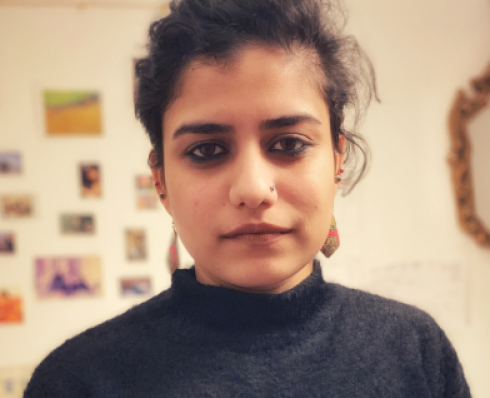
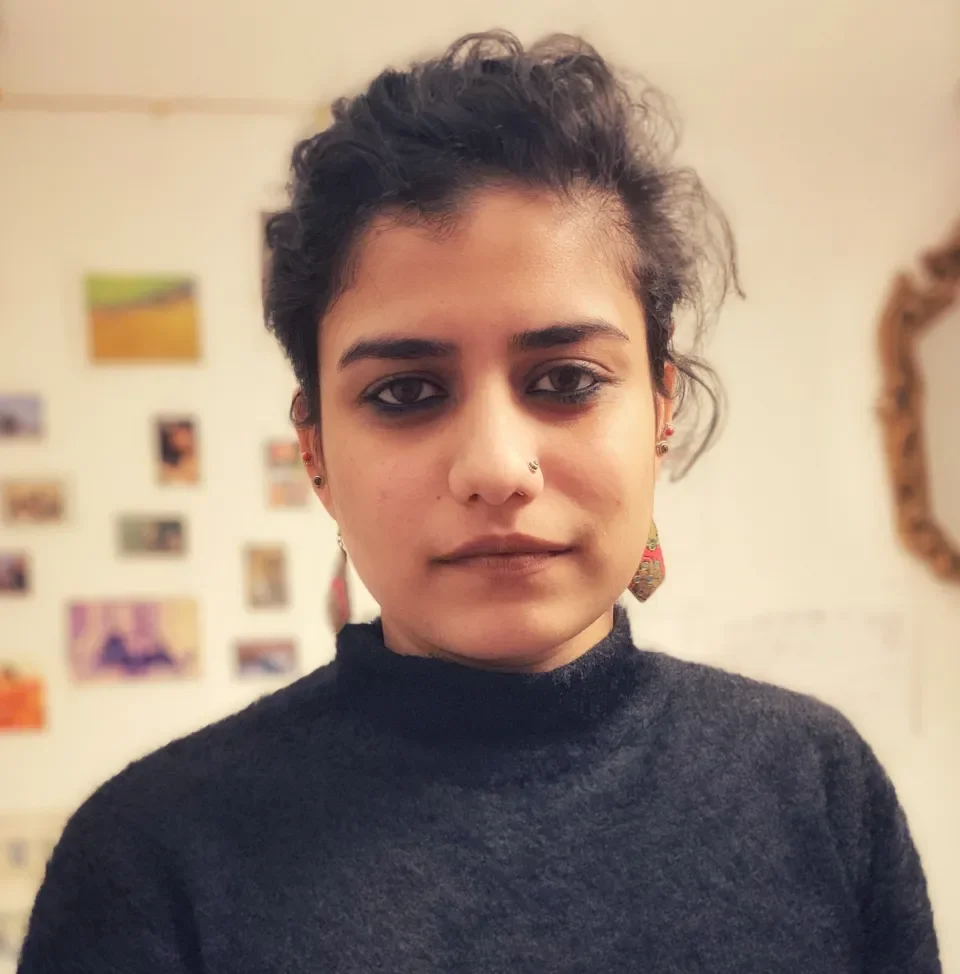
Rituparna Banerjee
Rituparna Banerjee is a Ph.D. student at the School of Communications at Dublin City University. Her research is a transnational study across West Bengal and Bangladesh, examining how early-career women politicians negotiate identities of the nation and self in their digital social practices. It is supervised by Dr. Saumava Mitra and funded by the Ireland India Institute.
Previously, Rituparna has worked as a journalist in India for five years, at The Economist Intelligence Unit, The Indian Express, and Mint (HT Media Ltd). Most recently, she has completed her Erasmus Mundus Joint Master’s Degree (EMJMD) in Digital Communication Leadership (2018-20) across the Vrije Universiteit Brussel (VUB) and University of Salzburg.
Her interests lie in how societies, politics, and media technologies intersect and interact in these times of ubiquitous digital communication, asymmetrical democratic participation, and heightened polarization.

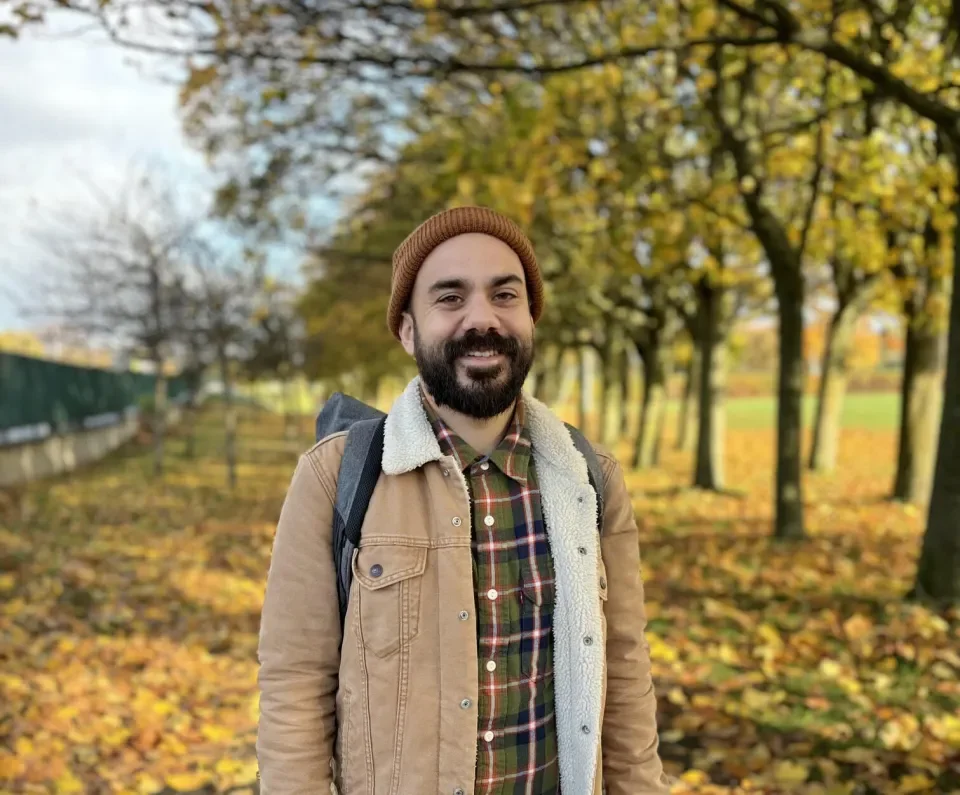
Dr Fabrizio Cuccu
Fabrizio Leonardo Cuccu is Alumni Research Fellow at the Merian Centre for Advanced Studies in the Maghreb (MECAM) in Tunis, and researc h assistant at Dublin City University on the project titled “They are Here Too: Gendered Violence in the South Asian Immigrant Community in Post-COVID Ireland”. His research focuses on the management of populations considered “at risk” through development, security and migration programmes in Europe and the Mediterranean. His research has been published in journals such as the Cambridge Review of International Affairs, L’année du Maghreb and Surveillance & Society. He is currently working on his first monograph for Routledge.
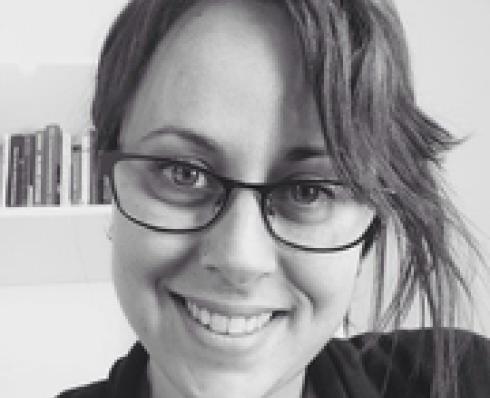
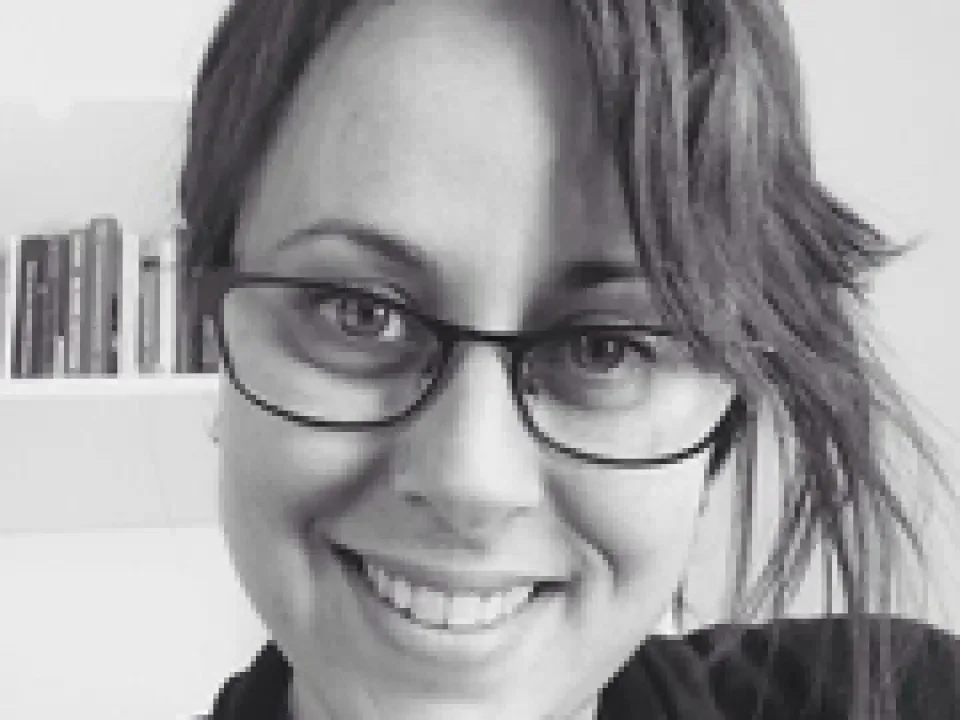
Dr Erika Biagini
Erika Biagini is Assistant Professor in Security Studies in the School of Law and Government at Dublin City University. Her area of expertise lies at the intersection of Islamism, gender and politics. She lived extensively in Egypt, where she conducted research on the Muslim Brotherhood and the activism of its female members, the Muslim Sisterhood, in the aftermath of the 2011 uprising. Her current research interests address the areas of subjectivity, identity and feminist politics among Islamist women activists, the gender politics and sexuality of Islamist movements and the evolution of Islamism, and of the Egyptian Muslim Brotherhood in particular, since the 2013 repression.
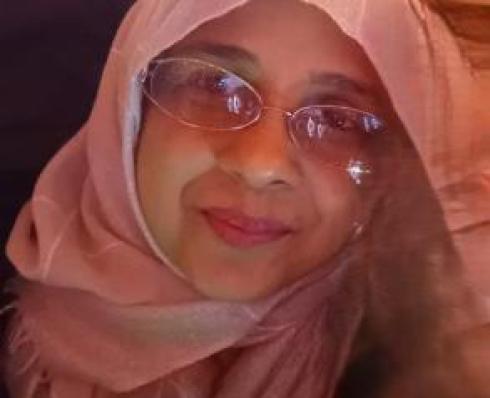

Asma Yaqoob
Dr Asma Yaqoob received her MSc in Practising Sustainable Development from Royal Holloway University of London in 2006. From 2002 to 2017, she worked as a researcher and published nationally and internationally on issues of regional water politics, from the perspective of transboundary basin issues. For her PhD, she is researching on feminist political ecology of 2022 floods in Pakistan to analyse women vulnerabilities from the perspective of intersecting identities, patriarchy and unjust urban governance in everyday lives. She has lately developed hwe interest in gendered bodies as infrastructure and their grassroot activism to reject uneven urbanism as a form of slow violence.
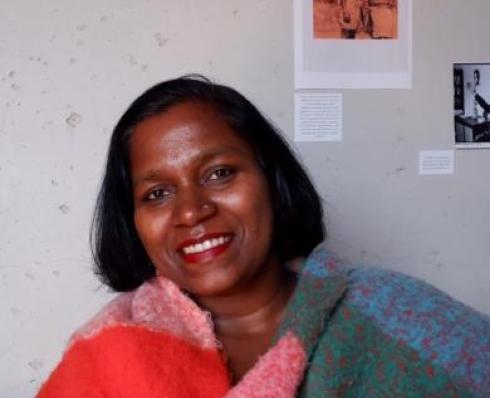
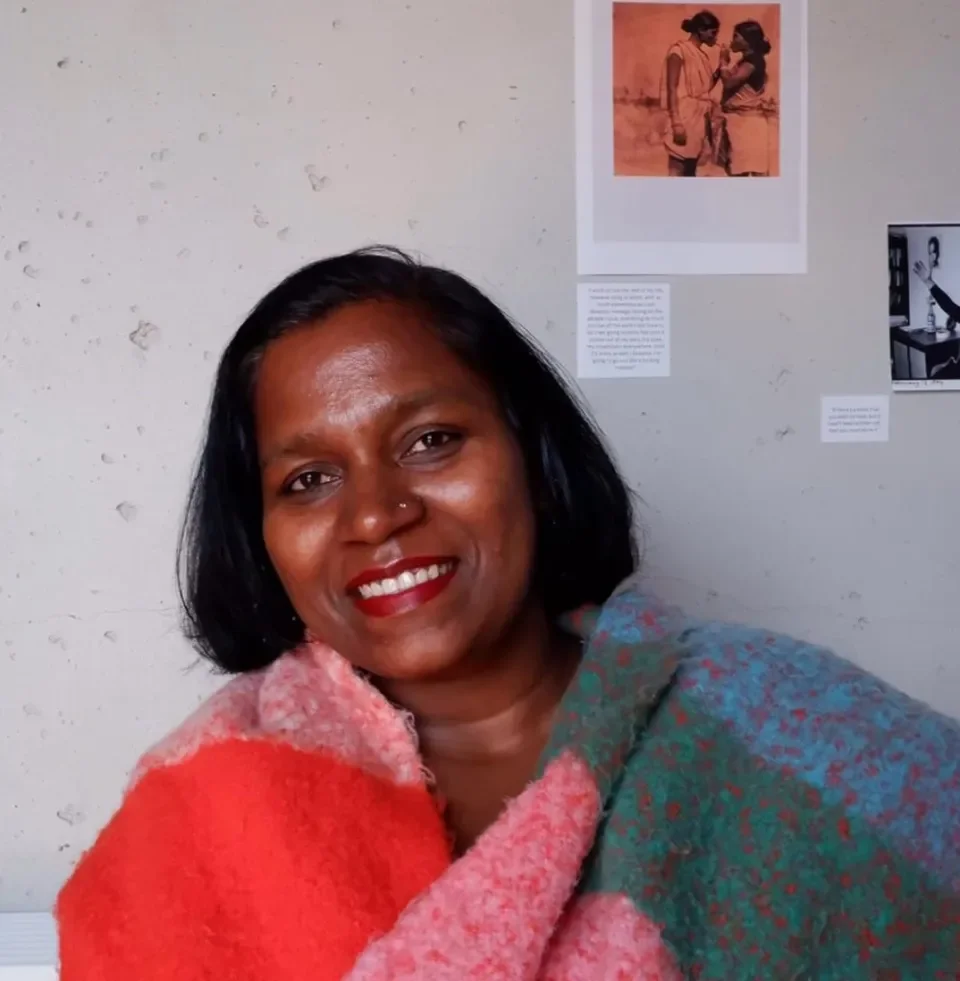
Nithya Kothenmaril
Biography
Nithya Kothenmaril is a doctoral candidate at the School of Law and Government, Dublin City University, Ireland. Her research focuses on the experiences of the elected Dalit women representatives in the local self-government institutions in Kerala, India. She has extensive experience working with women engaging in community-level interventions like ASHA, Kudumbhashree, Anganwadi, etc.
She has a Master of Philosophy degree in Social Work from Tata Institute of Social Sciences, Mumbai (India). She holds a Master’s degree in social work from Mahatma Gandhi University, Kottayam (India) and a Bachelor's degree in mathematics from Calicut University, Kerala (India). She worked as a research officer with the Tata Institute of Social Sciences, India, before her M.Phil. degree. Her research interests are caste, gender, and political participation in India. Currently, she has a Post-Graduate Research Scholarship within the School of Law and Government, funded by the Faculty of Humanities and Social Sciences, Dublin City University.
E-mail: nithya.kothenmaril2@mail.dcu.ie
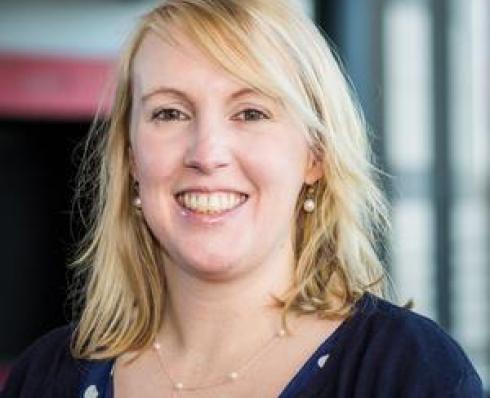
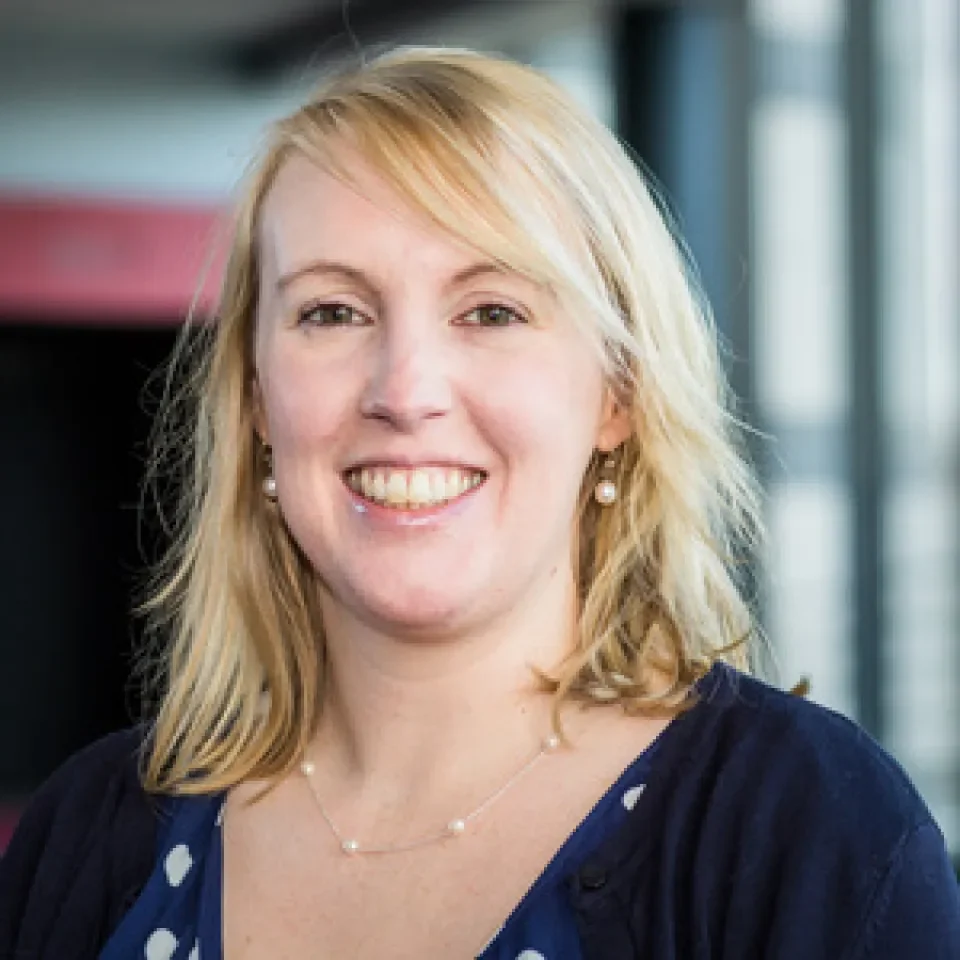
Prof Yvonne Daly
Yvonne Daly, BCL (University College Cork), PhD (Trinity College Dublin) is Professor of Criminal Law and Evidence in the School of Law and Government at Dublin City University, and co-director of the Irish Méndez Centre for Investigative Interviewing.
She is an expert on criminal evidence and procedure, with a specific research focus on effective criminal defence and the legal regulation of criminal investigations. She engages in doctrinal, comparative, and empirical research which explores the law in action. Her research advocates for the practical and effective protection of individual rights, specifically in relation to suspects under criminal investigation.
Prof Daly is currently Vice-Chair of COST Action 22128 - ImpleMendez - which aims to develop research networks to support the worldwide implementation of the so-called “Mendez Principles” on effective investigative interviewing.
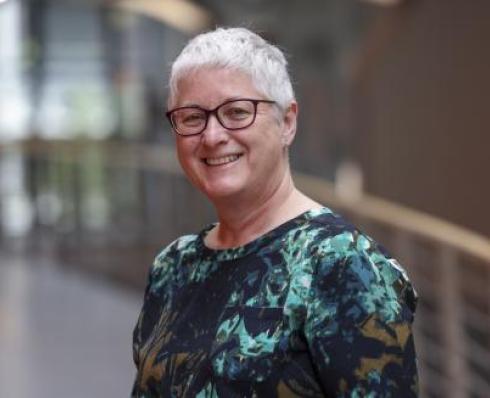
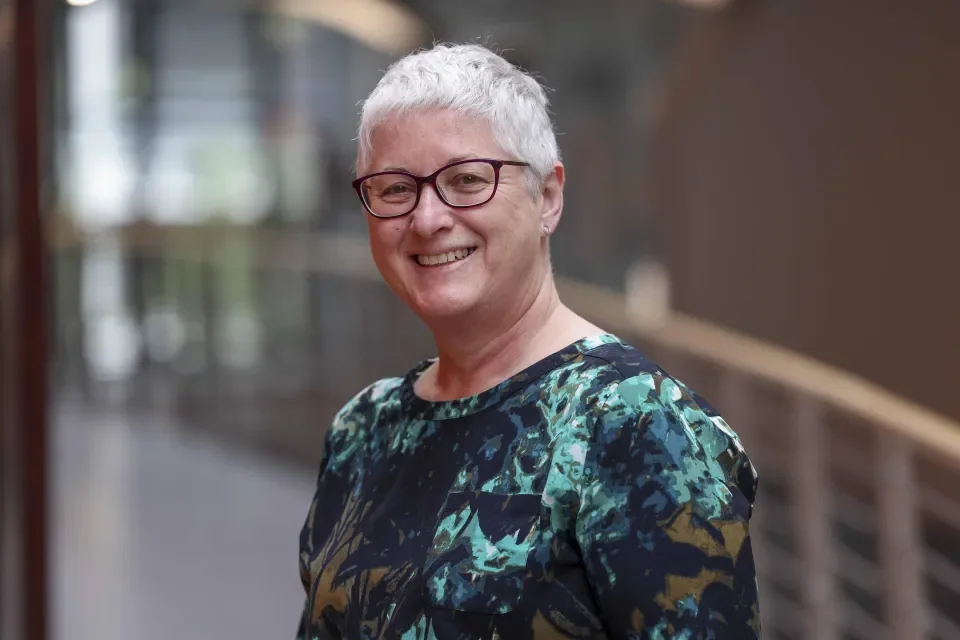
Dr Mel Duffy
Biography
Mel Duffy is Associate Professor of Sociology and Sexuality Studies in the School of Nursing, Psychotherapy & Community Health at Dublin City University, Ireland. She teaches and researches on LGBTQI+, sexuality, health and illness and hermeneutic phenomenology, with a focus on understanding the lived person of a phenomena, growing old in society, the everyday life of LGBTQI+ people to developing competent, sexually literate and enabling folk to be comfortable in the use of language, sexuality in all its formats and the cultural spaces they find ourselves in. These spaces may be offices, school classrooms, clinical settings, playgrounds, youth clubs, to name just a few.
Mel’s research also addresses the difficulties people face in being themselves in society, the experiences of marginalisation, discrimination and being invisible. She is co-author of Doing Hermeneutic Phenomenological Research: A Practical Guide (SAGE, 2020) and has published on lesbian healthcare, activism, intellectual disabilities, growing old in society and end of life. All of her work is underpinned from a human rights perspective regardless of how the individual presents themselves in society.
E-mail: mel.duffy@dcu.ie
Tel: 01-7005833
Research Areas: Sexuality research; Experiences of LGBTQI across the lifespan Methodologically the use of hermeneutical phenomenology to understand everyday life experiences; LGBTQI health research and the effects of health and illness on the individual’s participation in society. Inequalities in health and Issues of inclusion and diversity in society.
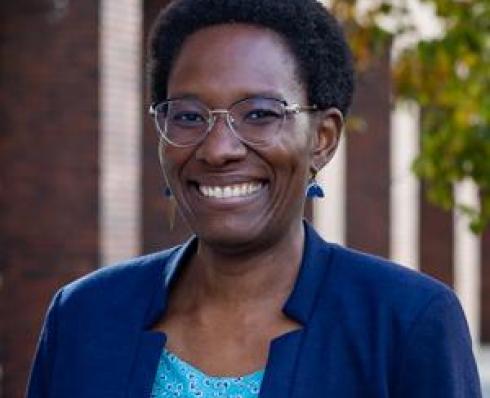
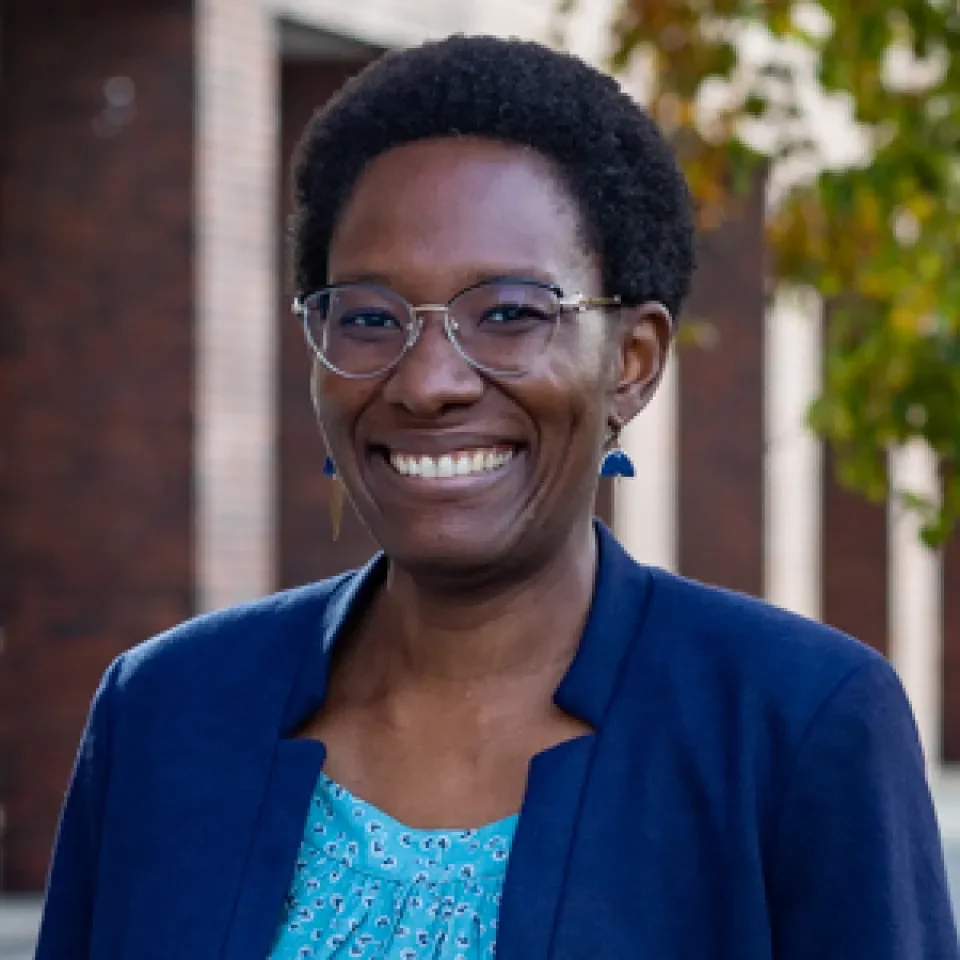
Dr Janine Silga
Janine Silga is an Assistant Professor in European Union Law at the School of Law and Government at Dublin City University (Ireland). Prior to that, she held postdoctoral positions at the University of Luxembourg and at the Ca’ Foscari University of Venice (Italy). She completed her PhD in Law at the European University Institute of Florence (Italy). Her doctoral research dealt with the legal dimension of the migration – development nexus in the European Union policy framework. Her research focuses on EU migration law and policy, and on the EU development policy. She has also done substantial research on human rights in connection to both migration and asylum. In addition to her academic activities, she has worked with several institutions, including non-governmental organisations.
Her most recent publications include: ‘The ambiguity of the European Union policy discourse on the Migration and Development Nexus: Perpetuating the Colonial Legacy?’ published in UCLA Journal of International Law and Foreign Affairs (Spring 2020) and ‘La Protection de la Victime Contre la Haine Raciale: Le Point de Vue de la Victime’ (translation and commentary of Mari Matsuda’s article: ‘Public Response to Racist Speech: Considering the Victim's Story’), in H. Bentouhami and M. Möschel (eds.), Critical Race Theory: une introduction aux grands textes fondateurs (Dalloz, 2017). Her ongoing research projects include: The Migration-Development Nexus in the European Union Policy Framework – A Legal Perspective (Cambridge University Press, under contract) and 'Migration, Asylumn and EU Anti-Discrimination Law', in O' Cinneide, Colm; Ringelheim, Julie; Solanke, Iyiola (eds.), Edward Elgar Research Handbook on European Anti-Discrimination Law.
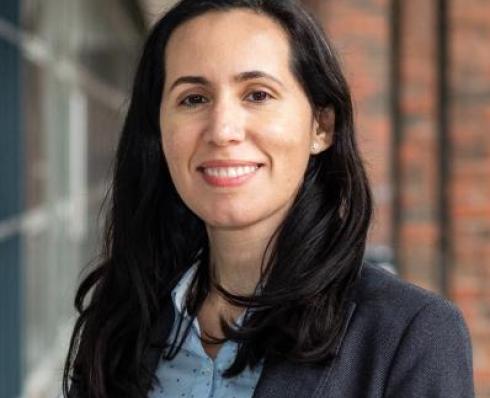
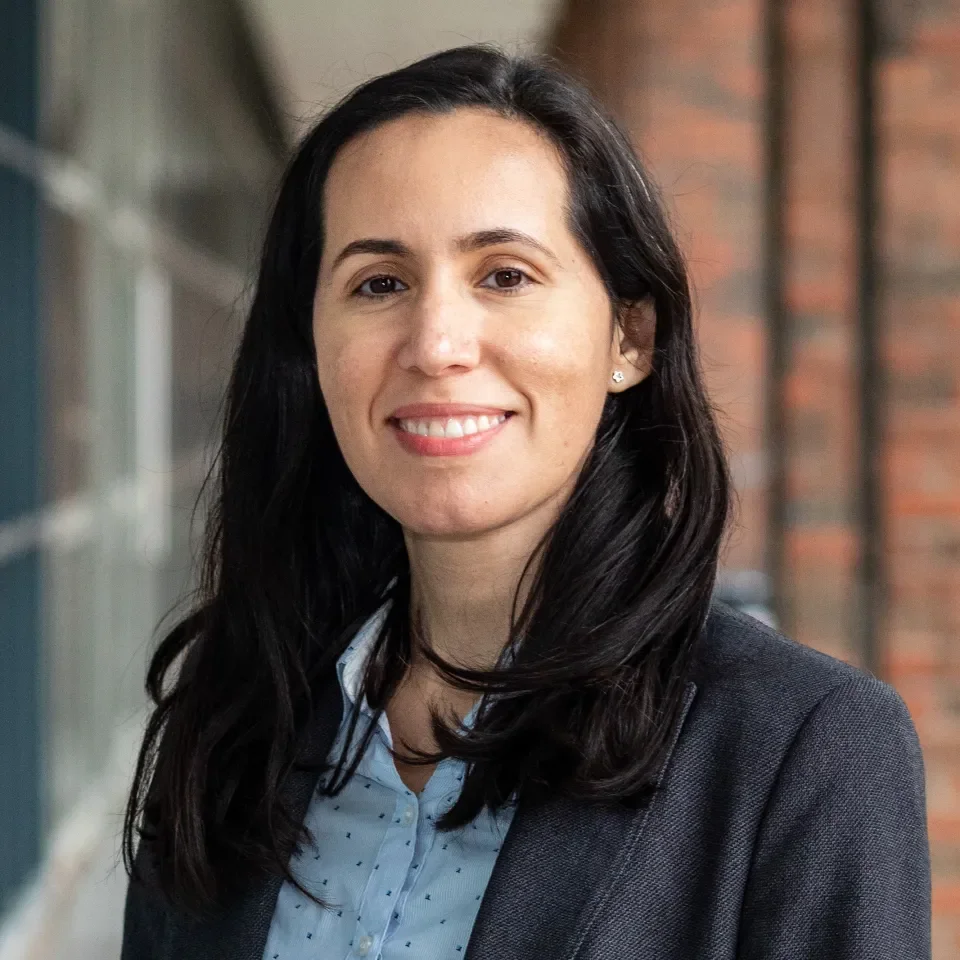
Dr Valesca Lima
Biography - Dr Valesca Lima
Valesca Lima is Assistant Professor in Politics at the School of Law and Government at Dublin City University, Ireland. She teaches and researches on participatory democracy, social policy, housing and urban studies and social mobilisation. In relation to gender, she focuses on the political participation of vulnerable groups (such as migrant women of colour) at the local level and political violence against women in politics. She has published on the financialisation of housing, challenges of citizen engagement in policy making and local government issues. Valesca is currently co-editor of the International Review of Public Policy (IRPP), the open access journal of the International Public Policy Association (IPPA); and co-convenor of the PSAI's Participatory and Deliberative Democracy Specialist Group.
E-mail: valesca.lima@dcu.ie
Tel: 01 700 6812
Research Areas: Comparative politics, Governance, Housing and Urban Policy, Housing Justice, Political Participation, Citizen Engagement, Democratic Innovations, Citizen Social Science and Social Movements
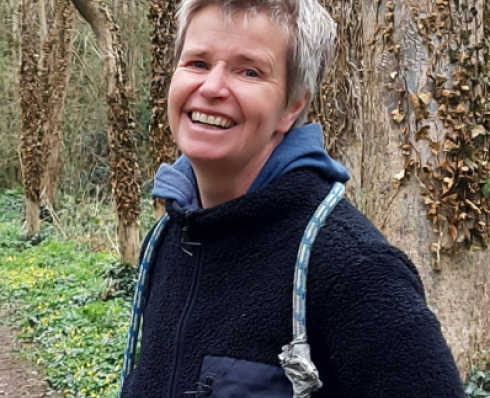
Niamh Gaynor is Associate Professor of Development in the School of Law and Government at Dublin City University, Ireland. She has degrees in Science, Rural Development and Sociology from University College Dublin and Maynooth University. Prior to joining DCU in 2008, Niamh worked in both West Africa (Benin) and in Ireland in international development. She teaches and researches on the politics of development, with a particular focus on how social and political inequalities and discriminations, including gendered discriminations, are produced and reproduced in a range of contexts.
Niamh’s research to date has focused on exploring the conditions under which marginalised groups and communities, including women, wield political influence, notably at local and/or informal levels. She has conducted field research in a wide range of African countries (most recently Burundi, the DRC, Rwanda and Malawi) as well as in Ireland, collaborating with NGOs and public agencies in this research. She is the author of Engendering Democracy in Africa: Women, Politics and Development (Routledge, 2022) and co-editor of Global Education in Ireland: Critical Histories and Future Directions (Bloomsbury, 2024) and has published widely on inclusion and political participation; gender, conflict and development; gender-based violence; and feminist political economy. Niamh is a member of the editorial board of the journal Policy and Practice - a Development Education Review and is a former member of Trocaire’s International Development Board.
Email: niamh.gaynor@dcu.ie
Tel: 01 7006048
Research areas: women’s political participation, conflict and gender, gender-based violence, feminist political economy, development education, community development.
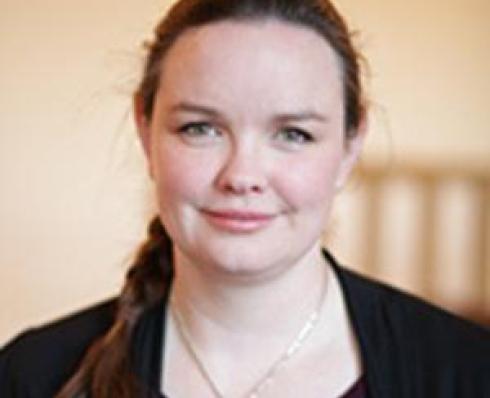
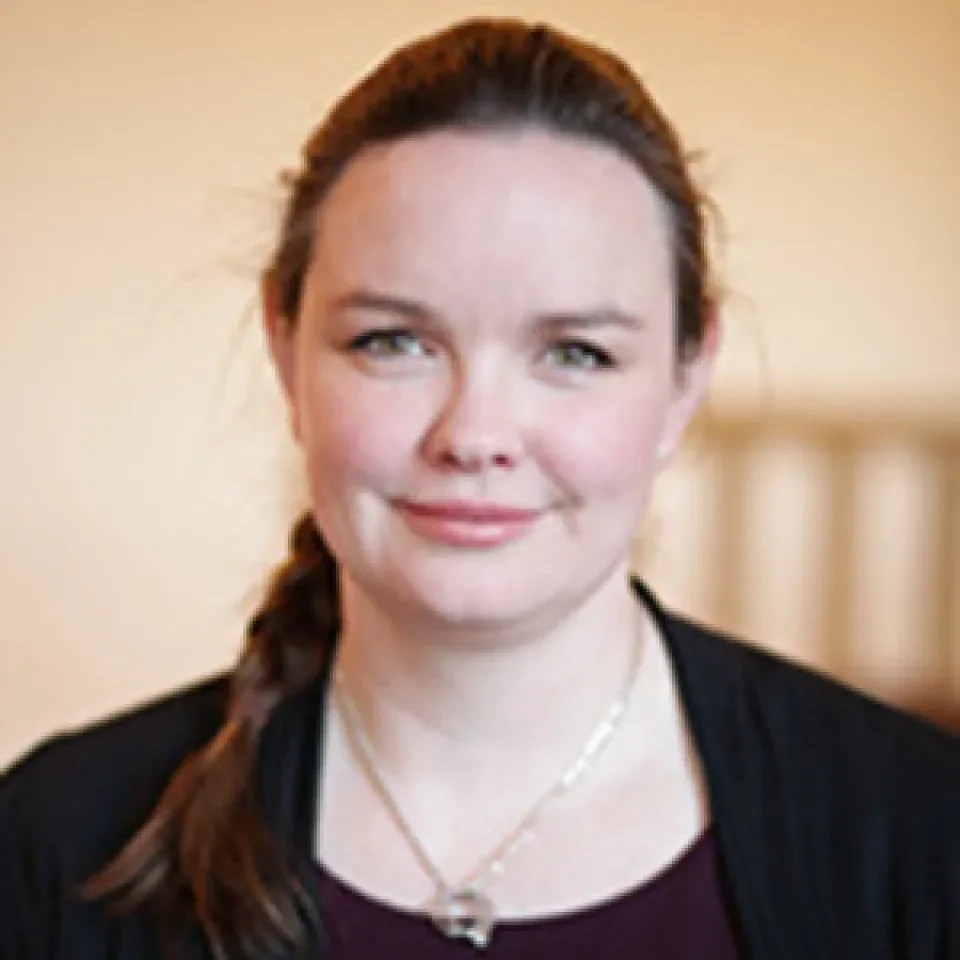
Dr Tanya Ni Mhuirtle
Dr. Tanya Ní Mhuirthile joined the School of Law and Government in September 2015, having previously held positions in both Griffith College and University College Cork. A graduate of University College Cork (BCL 2000, LLB 2005, PhD 2010) and the Royal Scottish Academy of Music and Drama (MDra 2002), Tanya teaches undergraduate modules in the ares of Equity, Trusts, Irish Legal System and Law and Body Politics.
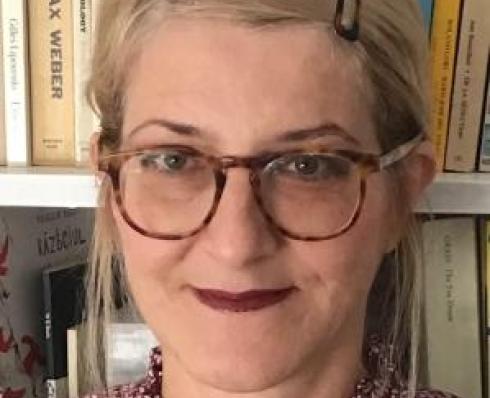
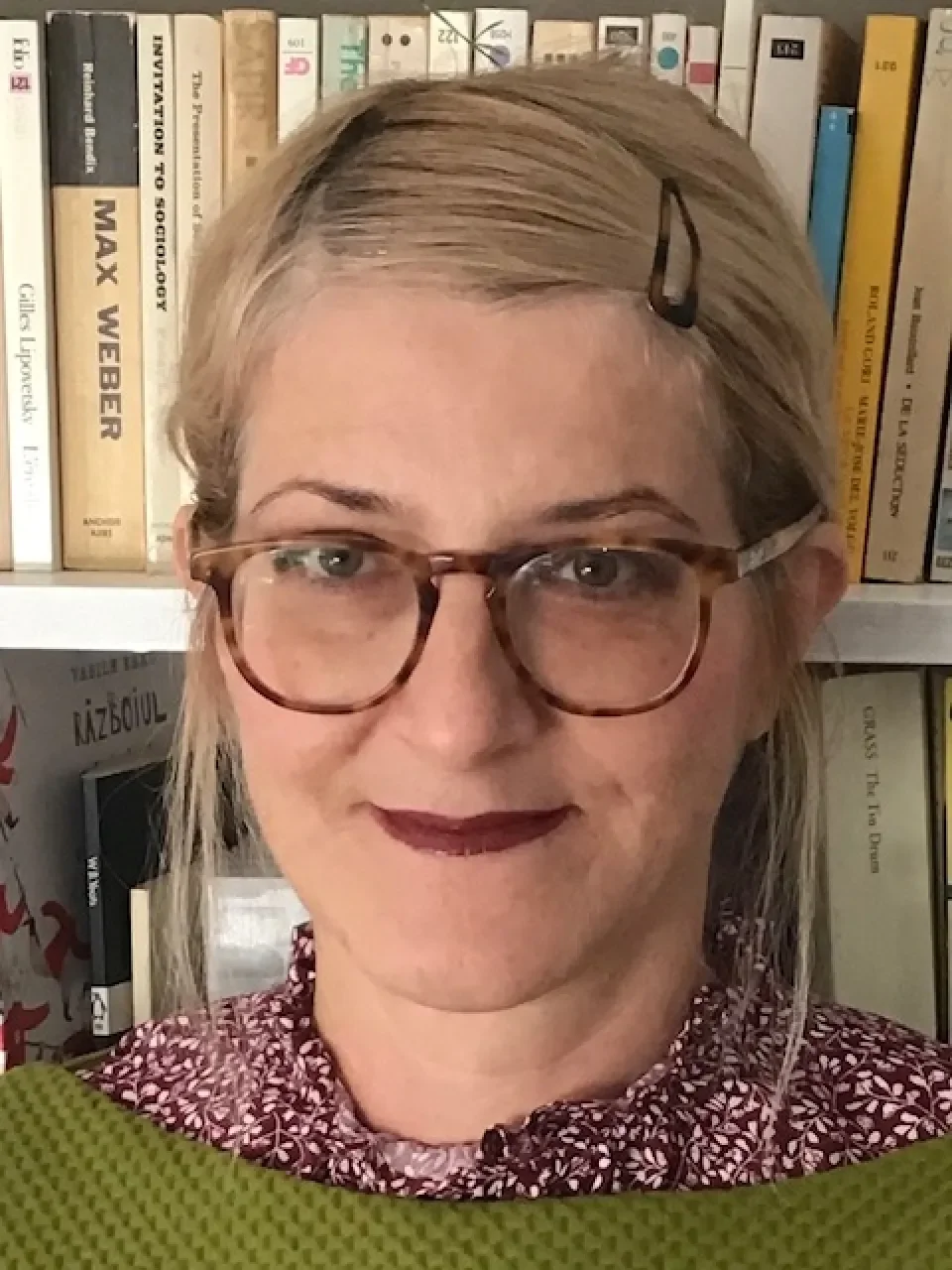
Dr Sabina Stan
Dr Sabina Stan is assistant Professor in Sociology and Anthropology in the School of Nursing, Psychotherapy and Community Health, at DCU, Ireland. Her research has dealt with the post-socialist transformation of Romanian agriculture, healthcare reforms in Central and Eastern Europe, European east-west migration, cross-border patient mobility in Europe, unevenness in the European healthcare space, and collective action in response to healthcare privatisation and healthcare worker mobility in Europe. She has published with CNRS Editions (Paris), Routledge, Oxford, Cambridge, and Rowman & Littlefield, as well as in journals such as Social Science and Medicine, Journal of the Royal Anthropological Institute, Medical Anthropology, Journal of European Social Policy, and Labor History. She has also acted as Senior Social Scientist in an ERC-funded project looking at labour politics and the new European economic governance (https://www.erc-europeanunions.eu). She is currently conducting research on the politicisation of alternative approaches to health and illness, which started with a study on health-related protests during the Covid-pandemic.
Strand 2 Gender, Sexuality and New Technologies
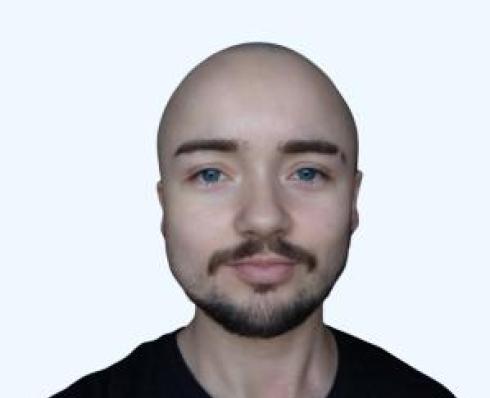
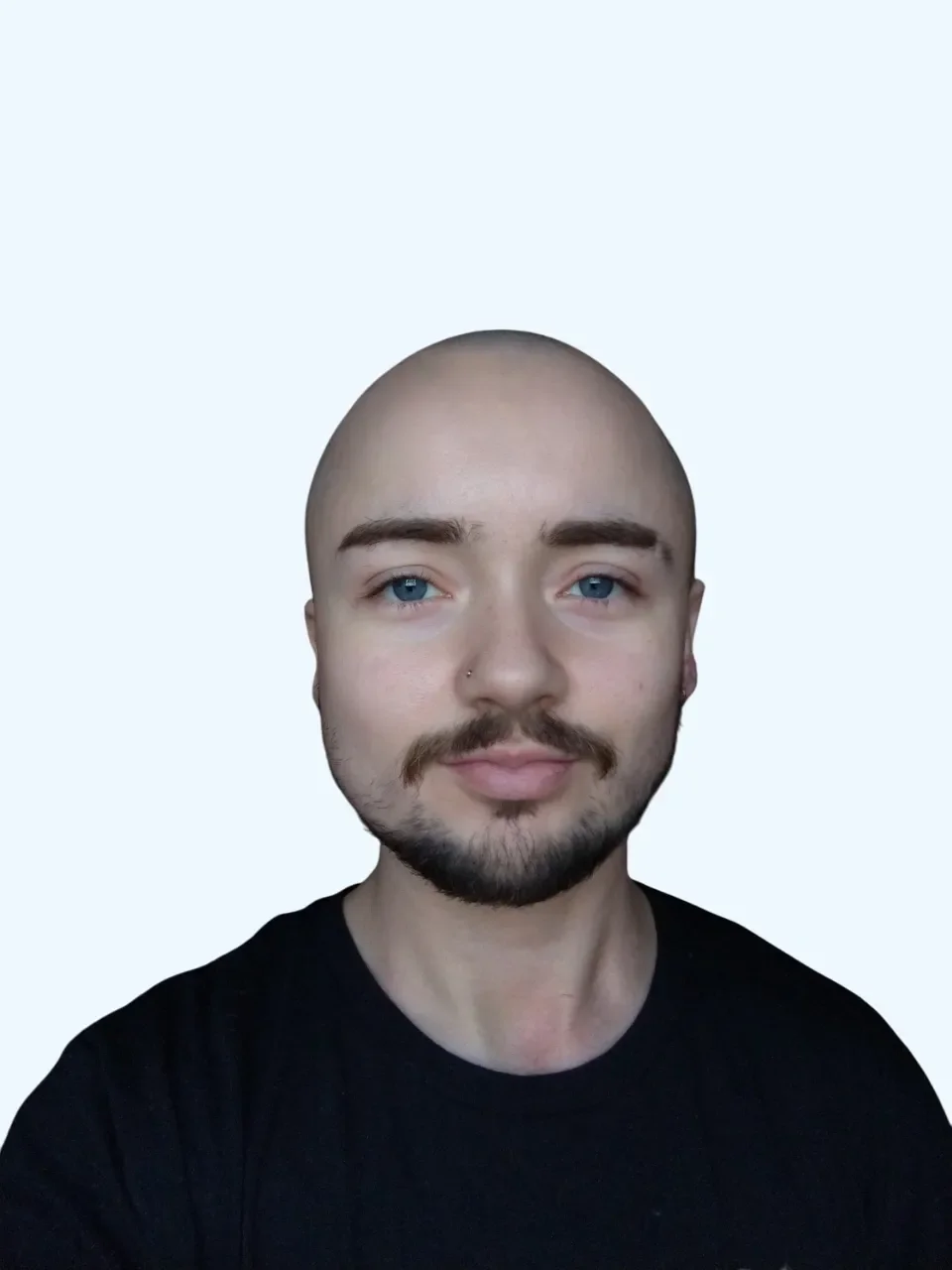
Benjamin Foley
Benjamin Foley is a PhD student in DCU's School of Communications. With a background in internet studies and transgender online communities, he is now researching digital sexual literacy for LGBTQ+ youth in Ireland. He is also a member of PATHI, the Professional Association for Transgender Healthcare in Ireland, and provides LGBTQ+ awareness training with Certified Proud.
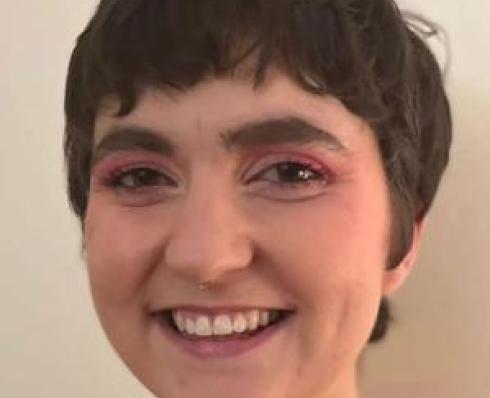
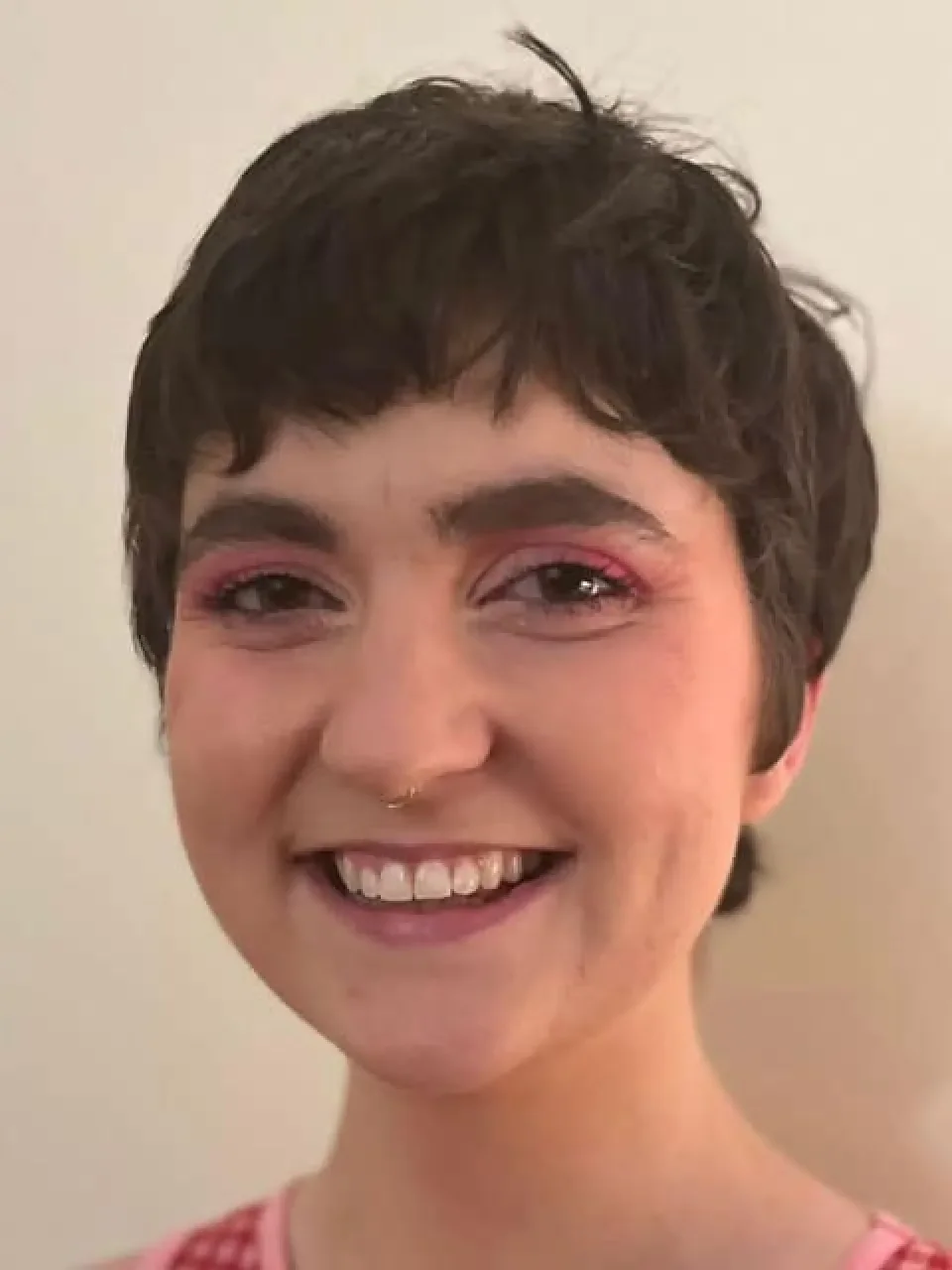
Dr Catherine Baker
Catherine Baker is a postdoctoral researcher with the Institute for Research on Genders and Sexualities (IRGS) at Dublin City University (DCU) and a Fellow with the Institute for Research on Male Supremacism (IRMS). Her research focuses on online misogyny, masculinities, algorithmic radicalisation, educational interventions, digital platforms, pseudoscience, and anti-gender movements.
Catherine has a PhD in Media and Communications from Loughborough University’s Online Civic Centre, awarded in 2023. Her PhD thesis focused on how misogynist incel mobilises specific digital affordances and rhetorical strategies to disseminate and legitimise male supremacist ideology. Recent publications include the report “Recommending Toxicity: the role of algorithmic recommender functions on YouTube Shorts and TikTok in promoting male supremacist influencers”.
E-mail: catherine.baker@dcu.ie
Research Areas: Gender, digital media, online misogyny, male supremacism, the manosphere, misogynist incels, algorithmic radicalisation, pseudoscience, anti-gender movements
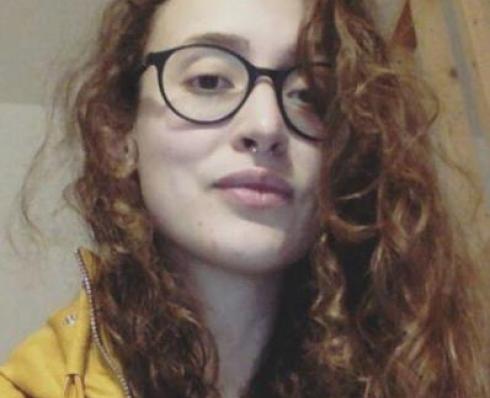
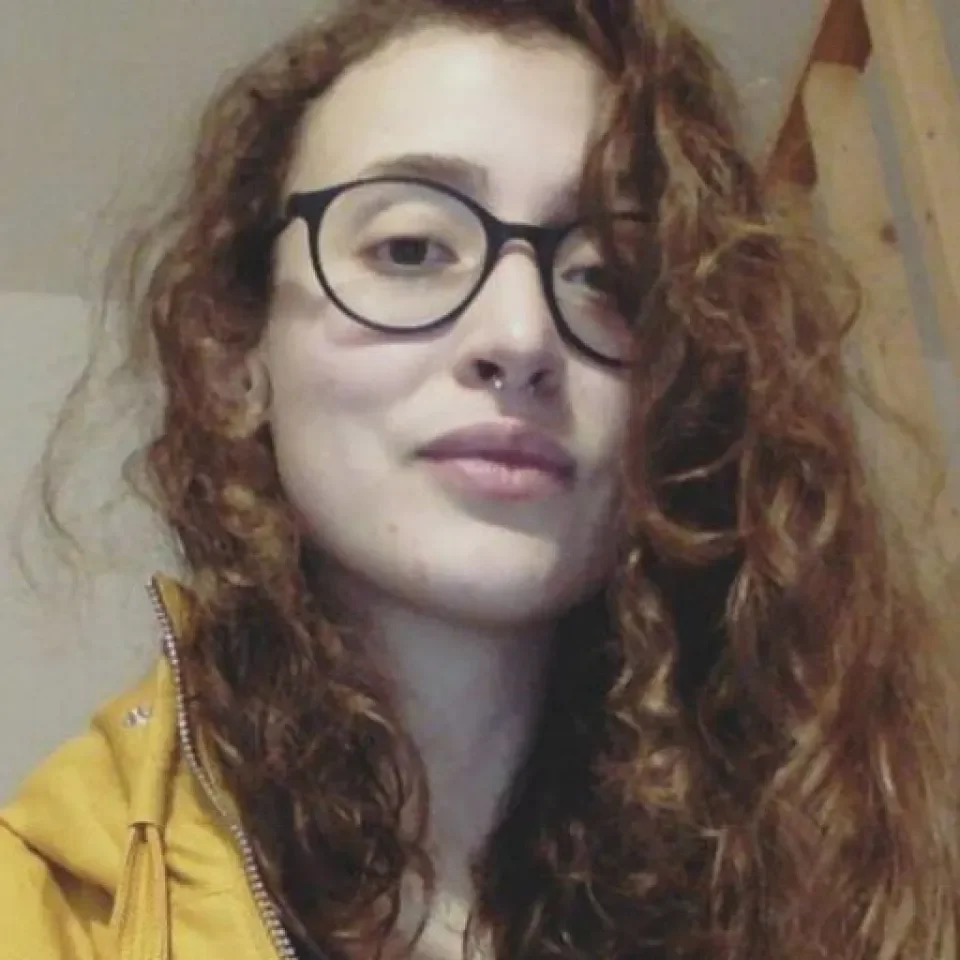
Dr Veronica Ferreira
Verónica Ferreira holds a PhD in Discourses: History, Culture, and Society from the University of Coimbra Centre for Social Studies. Her doctoral research was part of the project “CROME. Crossed Memories, Politics of Silence. The Colonial-Liberation Wars in Postcolonial Times” (ERC-2016-StG-715593). She also has a BA in Political Science and International Relations, an MA in International Relations, and a postgraduate degree in Strategic and Security Studies from NOVA University of Lisbon. She worked as a research assistant at the University of Aveiro before being awarded a postdoctoral fellowship by FAPESP (process n. 2024/01549-0) at the University of São Paulo Centre for the Study of Violence. There, she researched masculinities and gender discourse on Brazilian YouTube channels. Recently, she received an MSCA Postdoctoral Fellowship to undertake her project “The MANOSphere Pill: Pathways of Boys and Men into Online Male Supremacism in Portugal and Ireland” (n. 101153494) supervised by Debbie Ging at the Dublin City University Institute for Research on Genders and Sexualities. Her current research interests include political and media representations, gender studies, decolonial studies, discourses on violence, digital memories, critical discourse analysis, critical internet studies, and education policies.
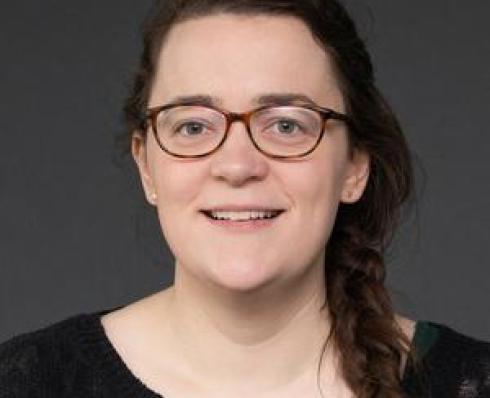
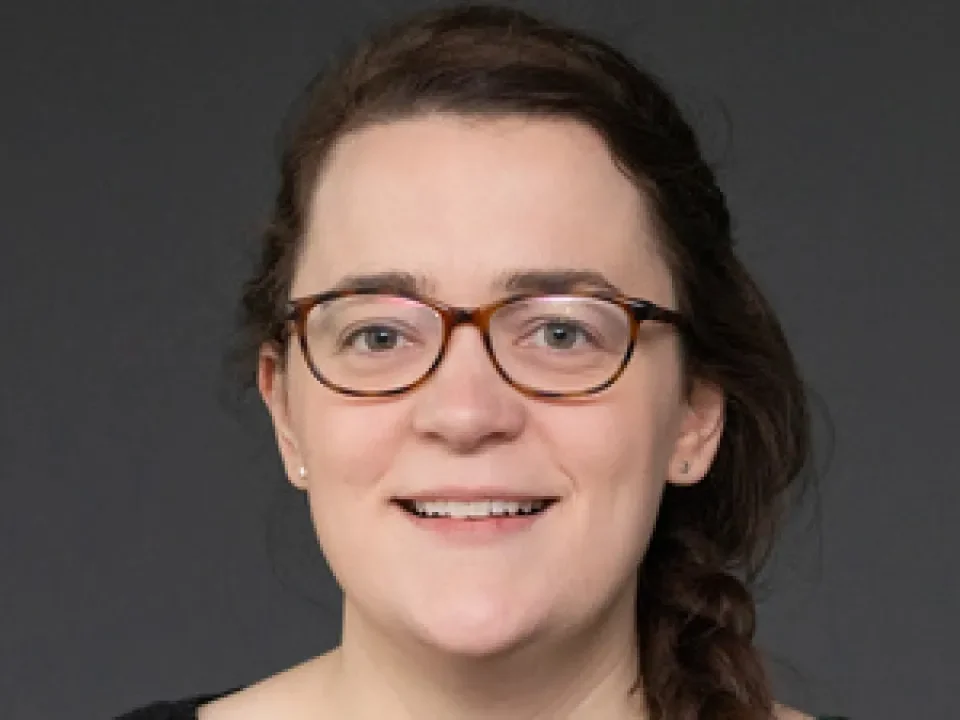
Dr Dawn Wheatley
Dawn Wheatley is an Assistant Professor in the School of Communications focusing on journalism, political communication, and social media. She received her PhD in 2018 for her research into online news production and coverage of the Irish healthcare sector, with a particular emphasis on sources and voices, and how newsroom practices are established and reproduced. Dawn worked as a production journalist for the Irish Daily Mail and the Irish Times before turning to research and teaching in DCU. Her research has been published in New Media & Society, Digital Journalism, Journalism Practice, Information, Communication & Society, and on RTÉ's Brainstorm, and she teaches both practical and theoretical subjects to journalism students in the School. Her current research projects include work on mobile news dissemination, filtering and blocking on social media, and source use in contemporary news reporting. She is also involved in various international projects, working on the Irish contribution to the Worlds of Journalism study which surveys journalists, and co-ordinating the Irish data for the Global Media Monitoring Project which analyses the role of women in the news.
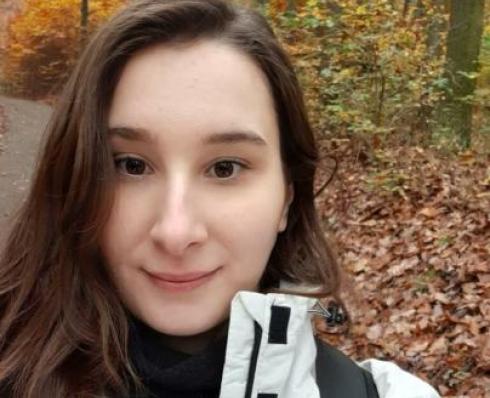
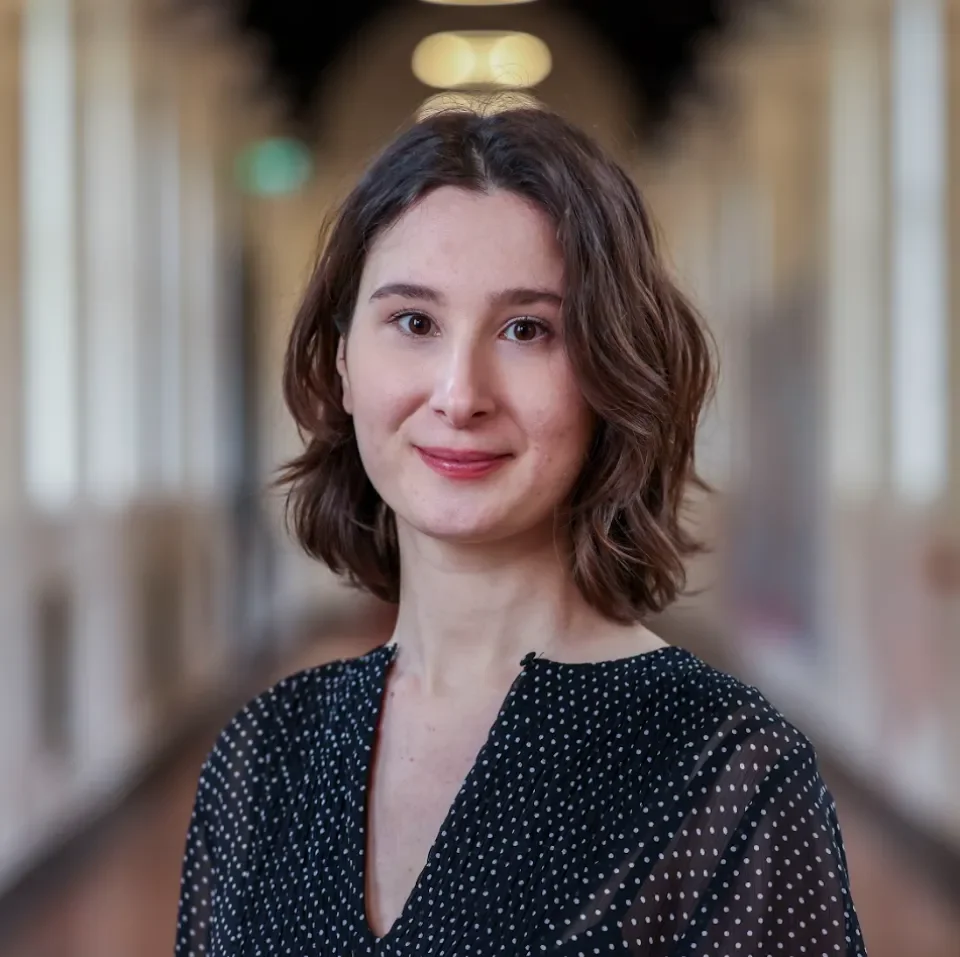
Dr Deniz Chekicoglu
Biography
Deniz Celikoglu is a doctoral research fellow at DCU School of Communications, working on the PARTICIPATE project funded by the Horizon Europe Programme of the European Commission – Marie Skłodowska-Curie Action (MSCA). Her research focuses on the parents’ experiences of young male adolescents’ involvement in the manosphere communities.
Deniz completed her Bachelor of Science in Sociology at Middle East Technical University (2019) and received her MSc degree in Sociology in European Context at Charles University Prague (2022), where she conducted qualitative research on the contested agency of battered women who killed their batterers in Turkey.
E-mail: deniz.celikoglu@dcu.ie
Research Areas: Online misogyny, male supremacism, masculinity, the manosphere, online radicalisation, algorithmic politics
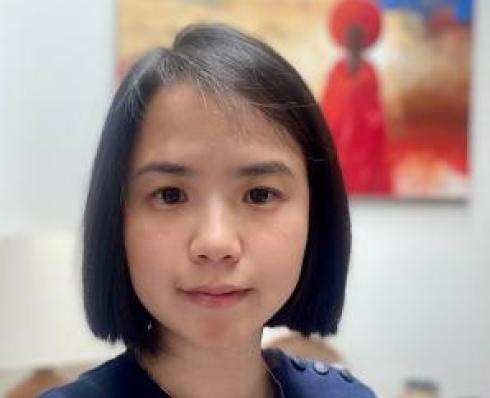
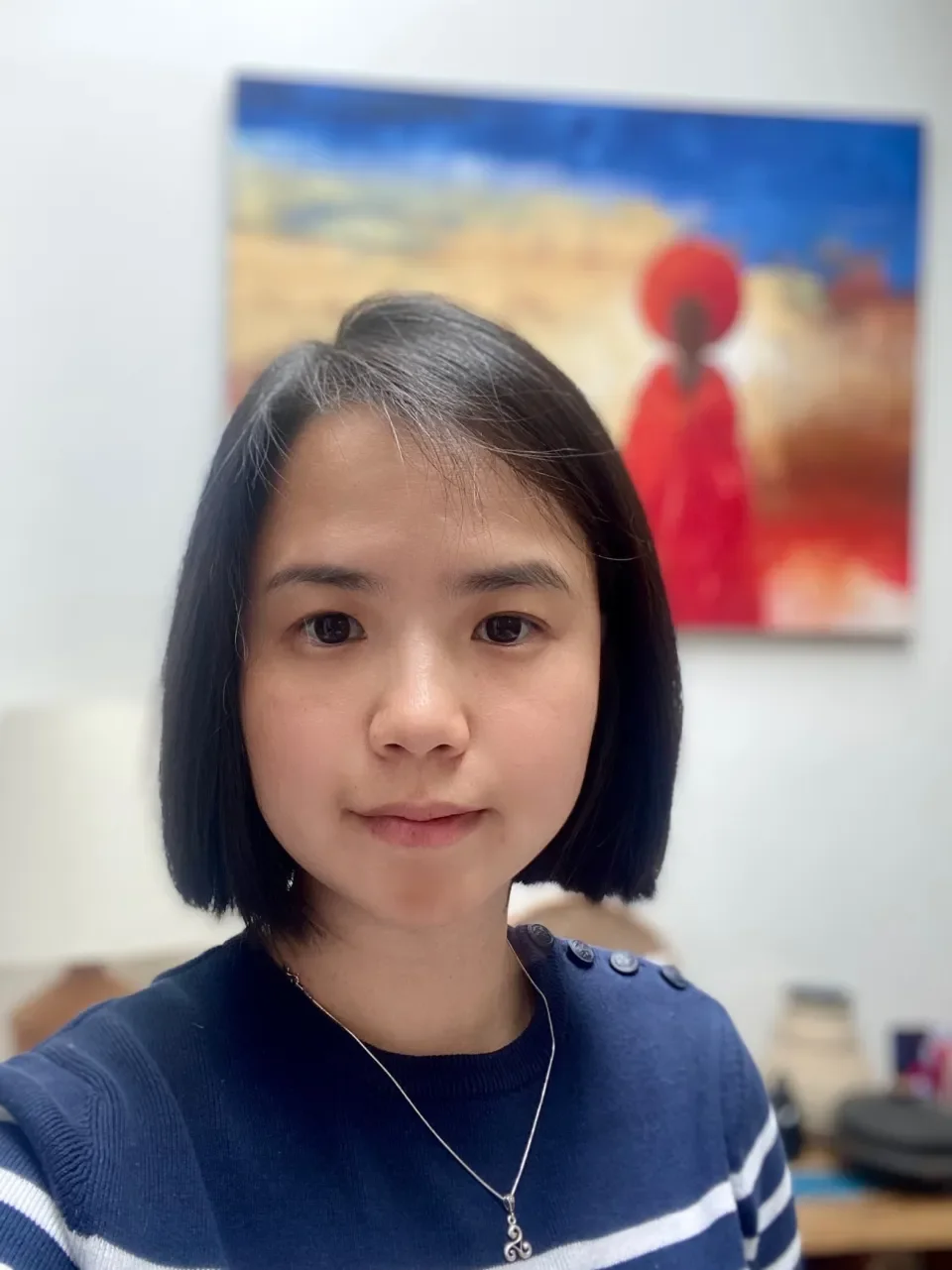
Dr Nhung Dinh
Biography
Nhung Dinh is a doctoral research fellow at the School of Communications, Dublin City University, Ireland. Her research focuses on digital feminism, with a focus on Vietnam since the #MeToo movement. She has extensive experience working with gender-based violence survivors across Vietnam within NGO programs, empowering them to achieve independent socio-economic futures through psychological interventions and vocational education.
Nhung holds a master’s degree in Communication Studies from the Université catholique de Louvain, Belgium (2017), and a master’s degree in Linguistics from Vietnam National University, Hanoi (2012). She has presented her work at several academic conferences, including the LSE Media Futures Conference in 2023 and the AMIC 28th Annual Conference in 2021.
Research Areas: digital feminism, decolonial feminism, online misogyny, gender-based violence
Email: nhung.dinh2@dcu.ie
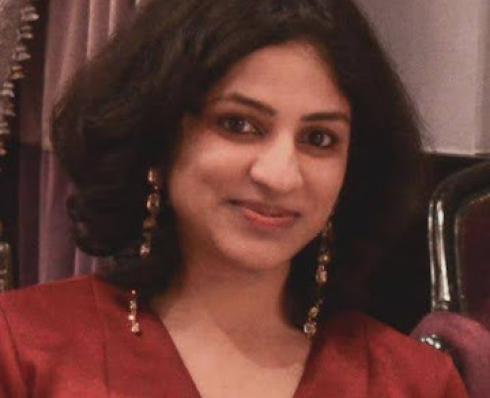
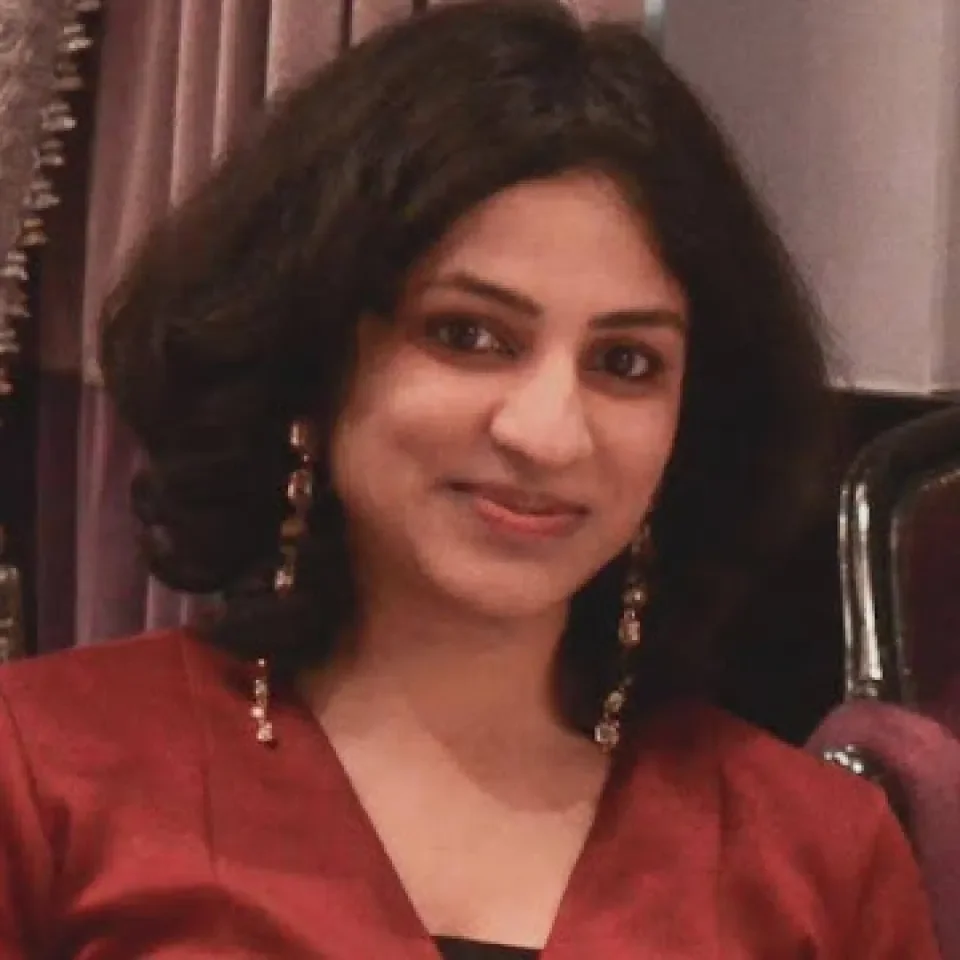
Dr Pragyaa Chandel
Pragyaa is an experienced media professional and communication specialist, with over six years of experience in the broadcast and communication industry in India. Currently a final-year doctoral research scholar at Dublin City University (Ireland), her research interests focus on Journalism, Gender & Sexuality Studies.
She recently completed her second Master’s degree from University College Dublin in Media Studies & International Conflict (2020). Pragyaa has worked with the reputable media houses such as the Times Network (ET NOW), Zee Media, and BBC (Hindi). Her expertise spans roles, encompassing news anchoring and production to senior consultant positions. She has taught undergraduate and postgraduate courses in Media & Communication domain at Dublin City University, and Whistling Woods International (Mumbai), respectively. Pragyaa’s opinion pieces and news articles have been published in acclaimed media organizations, including RTÉ Brainstorm, EAWorldview.com to name a few. She has presented her research at several international conferences including ECREA, MILIEU, DIPRC and International Conference on Social Media & Society.
Research Interests:
Journalism Studies, Gender & Sexuality Studies, Digital Media & Communication, Hybrid Media Studies
E-mail: pragyaa.chandel3@mail.dcu.ie
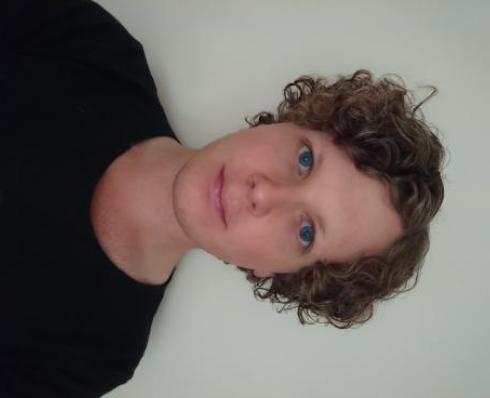
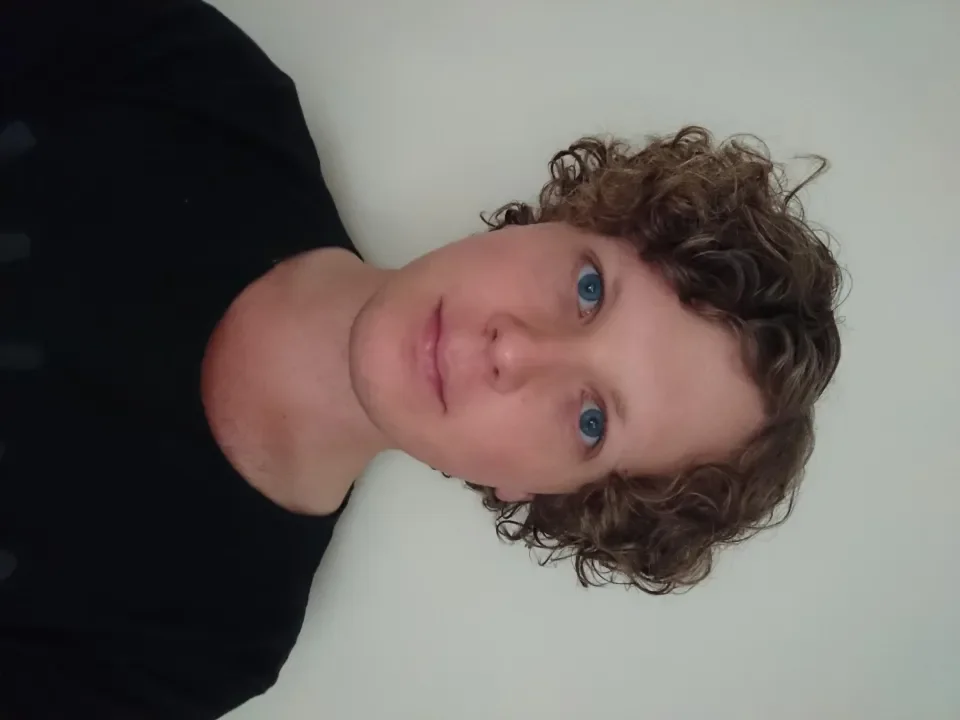
Dr Shane Murphy
Shane Murphy is postdoctoral researcher whose work focuses on online radicalisation, masculinity, and far-right extremism, often employing qualitative methods, and engaging directly with those whose beliefs are not represented in the mainstream. In 2023, Shane received a PhD in Communications from Dublin City University for his research which involved interviewing Involuntary Celibates (Incels), in order to understand the processes through which they come to hold their extreme beliefs, and the real life conditions and experiences that can facilitate this radicalisation. Shane also worked as part of a multidisciplinary team, producing a report titled ‘The Impact of the Use of Social Media on Women and Girls’ for the EU Parliament, where he covered the harms social media posed to women and girls at both and individual and a societal level, and has contributed to the Con.Cel project, which seeks to map out the online “InCelosphere” and track its dynamics of contagion.
E-mail: murphy.shane@dcu.ie
Research Areas: Online radicalisation, masculinity, extreme online subcultures, incels, engaged research
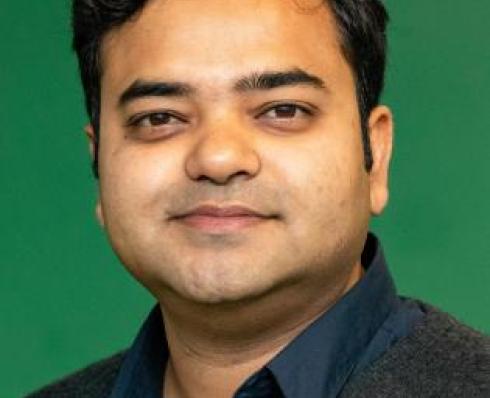
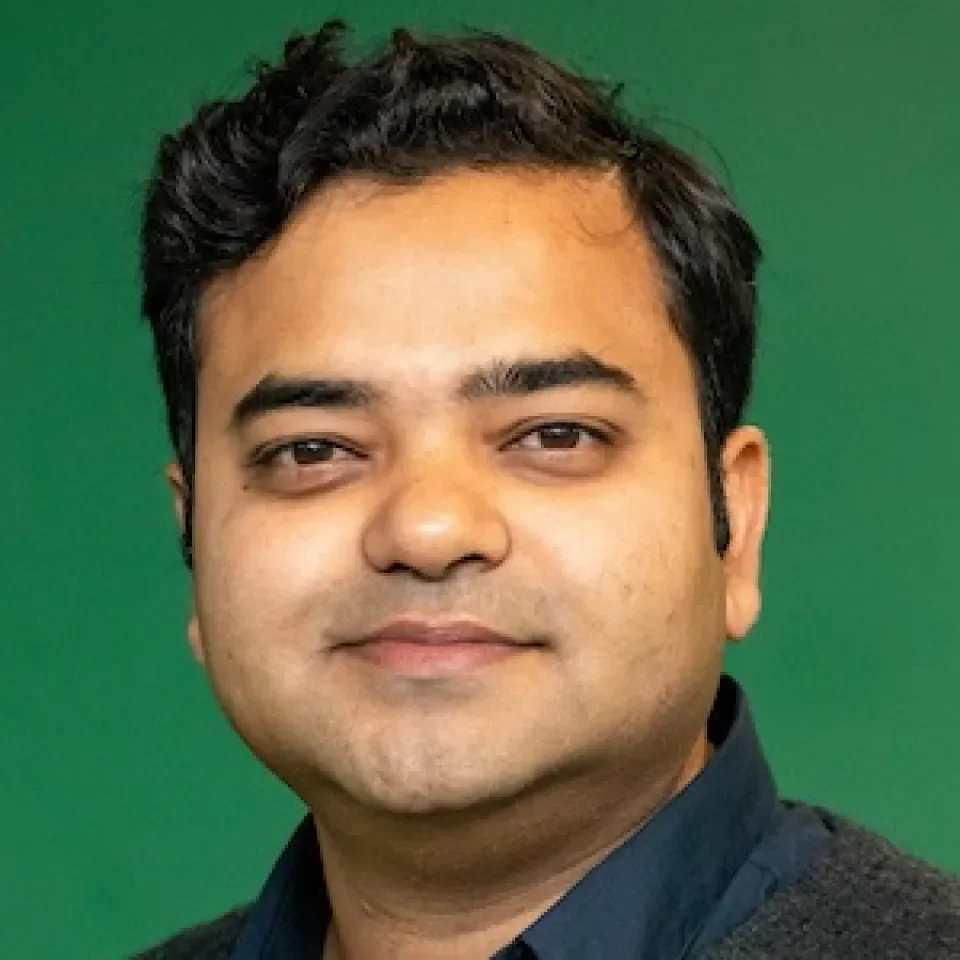
Dr Saumava Mitra
Saumava Mitra is an Assistant Professor at the School of Communications of Dublin City University, Ireland. He teaches and researches on the relationship of media with violent and social conflicts focusing particularly on visual communication and cross-border journalism. He is interested in understanding socio-economic, geopolitical and gendered inequities that create conditions of precarity for media producers, particularly journalists, journalism-adjacent workers, and photographers working in marginalised contexts.
Mitra’s previous research on precarious lives and livelihood of journalists and news-fixers working for international media, women photographers working transnationally based in Global South contexts, and Afghan photojournalists working for international media has been published in research handbooks and anthologies as well as in many journalism including Journalism, Journalism Studies, Journalism Practice and International Journal of Press/Politics. He is the co-editor of two special issues of Journalism Studies and Journalism on these topics. Beginning in 2021, he served as Vice-Chair and then Chair of the Visual Communication Studies division of International Communication Association and on the editorial board of the journal Media, War & Conflict.
E-mail: saumava.mitra@dcu.ie
Tel: 01-7005448
Research Areas: Cross-border journalism, Gender, Journalist Safety, Precarious labour, Trans-national media, Photojournalism, Visual Communication, Fixers, Global South.
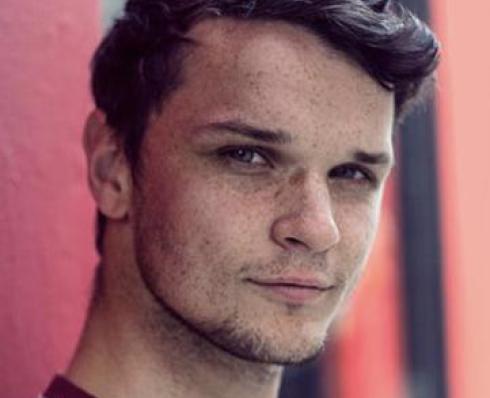
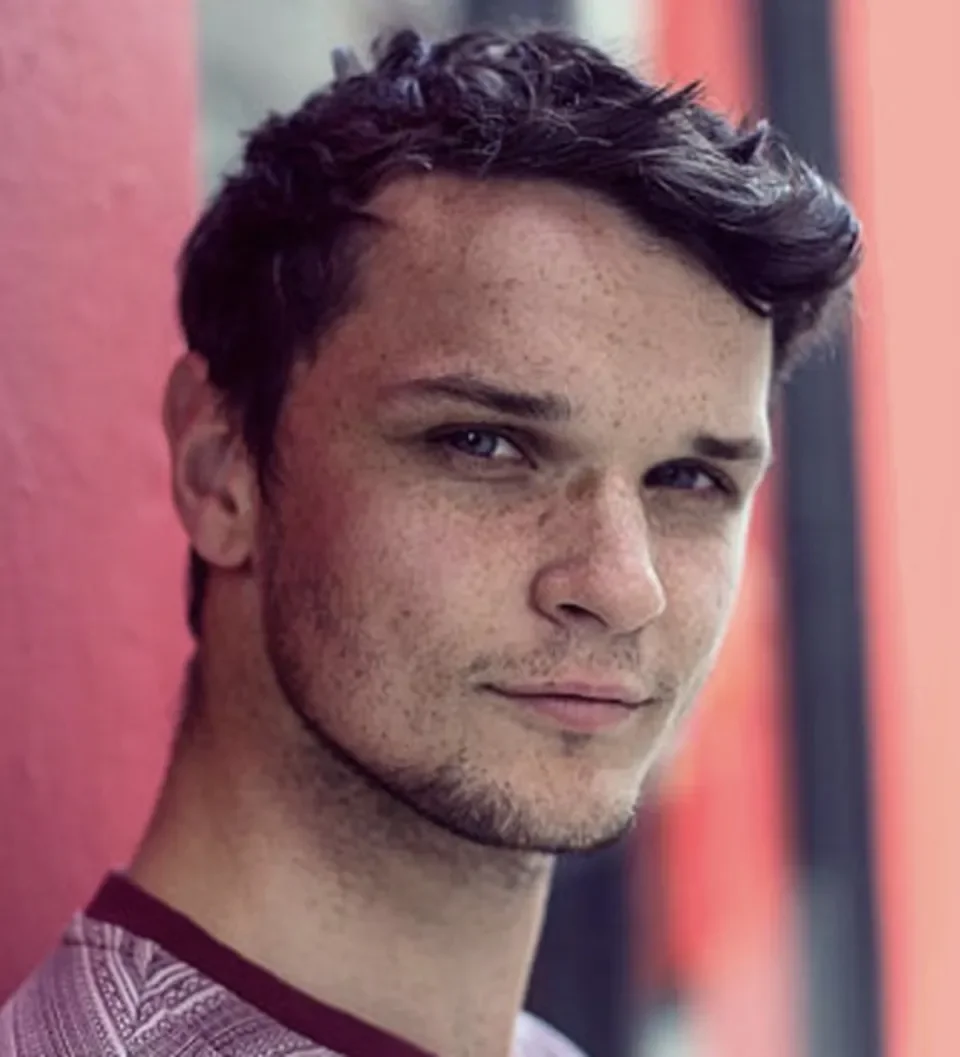
Dr Robbie Lawlor
Dr Robbie Lawlor is a Postdoctoral researcher at DCU.
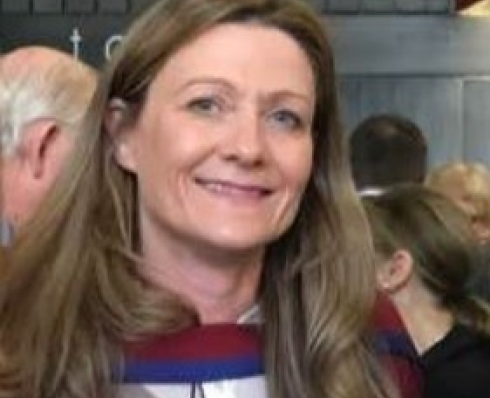
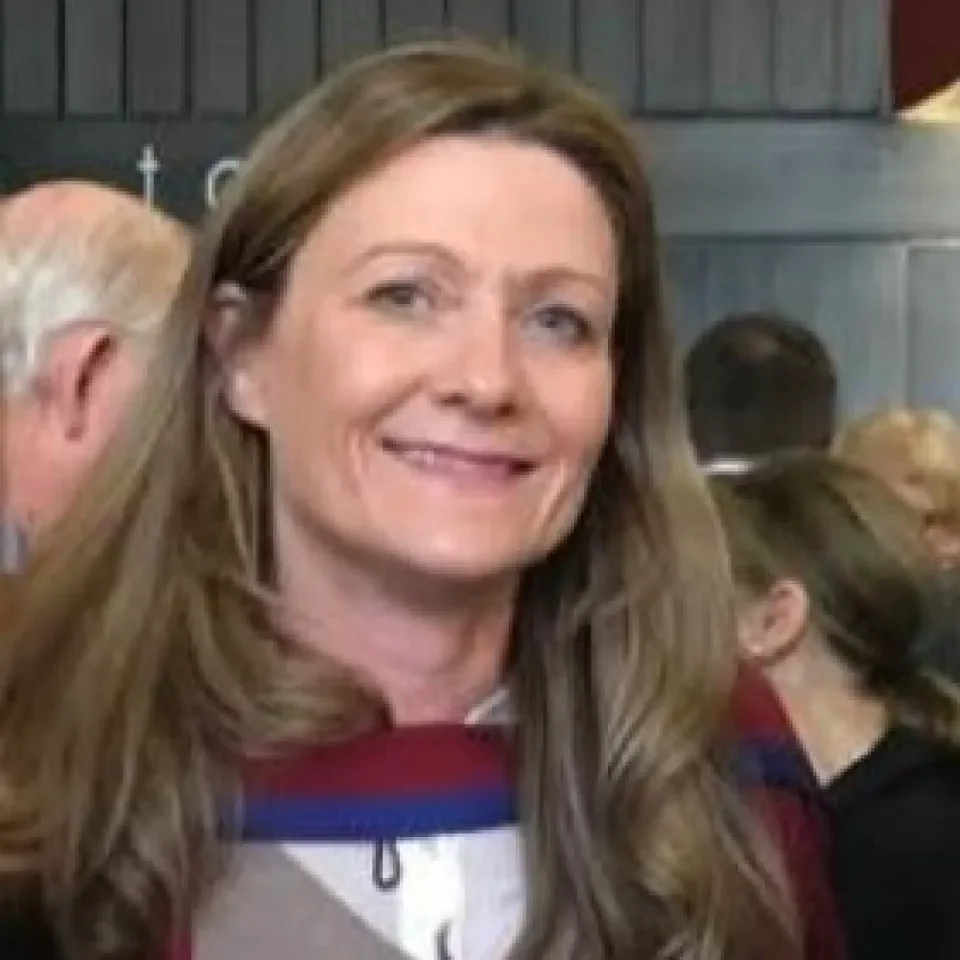
Dr Tracey Harrington
Dr. Tracey Harrington is a nurse, lecturer, educator, psychotherapist and researcher with extensive experience in sexual health education and a deep commitment to supporting marginalised communities. For the past two decades she has taught a third-level module on sexual health and provided sex education at second-level schools, helping to foster a greater understanding of healthy relationships and sexuality. Dr. Harrington promotes and challenges her students to challenges traditional boundaries, social norms and gender roles and promotes inclusivity and social justice.
Her academic and professional background includes a BSc in Nursing, an MSc Psychotherapy and a PhD in Clinical Medicine which together inform her trauma-informed approach to therapy and education. Dr. Harrington has been pivotal in the introduction of Consent Workshops to DCU and the adaptation of the Bystander Initiative module for staff and students, initiatives that have helped foster a culture of respect and active participation in combating sexual violence.
She has is a member of the committee focused on educating healthcare workers on human trafficking and has been a board member for a domestic violence charity, Sonas. Her strong working relationships with organisations such as Dublin Rape Crisis Centre, Women’s Aid, Men’s Aid, Active Consent, and UCC Bystander Program have enabled her to actively contribute to efforts to combat gender-based violence.
As a member of DCU’s Care and Connect committee, Dr. Harrington focuses on promoting healthy relationships and fostering campus-wide initiatives to support students. She also has extensive connections with national organisations, including the National Women's Council of Ireland and Shoutout.ie, an LGBTQI organisation, where she collaborates to advocate for gender and sexual equality. Dr. Harrington has hosted numerous national and international speakers on topics related to sex, sexuality, and gender-based violence, contributing to critical discussions and advancing knowledge on these essential issues.
Dr. Harrington is also a member of the Research Ensemble for Advancement in Cross-Cultural Healthcare (REACH), where she contributes to cross-cultural healthcare initiatives. Her research and clinical practice aim to improve societal understanding of gender, sexuality, and their roles in shaping individual and collective well-being.
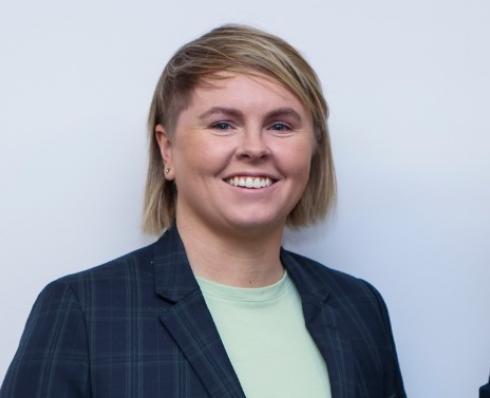
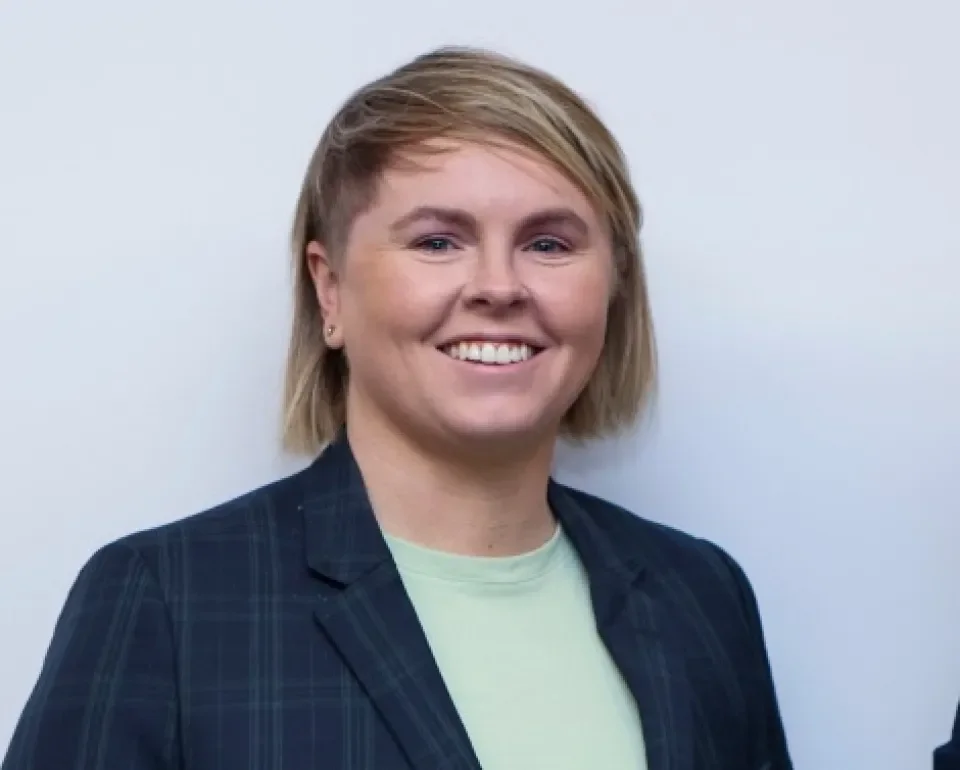
Dr Leanne Coll
Dr Leanne Coll is a lecturer on the Graduate Diploma in SPHE-RSE at DCU's Institute of Education (IoE), and is co-convenor of the Gender & Sexualities Special Interest Group (SIG) for the Educational Studies Association of Ireland (ESAI). Her research explores the possibilities of co-productive and creative methodologies to transform sexuality education with young people and educators. Leanne has led both national and international externally-funded research, which has informed the development of evidence-based curriculum resources and professional learning programmes.
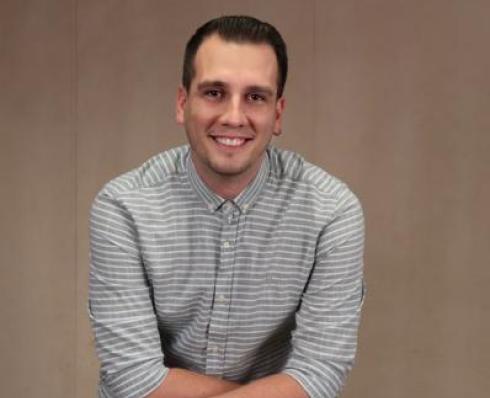

Dr Sinan Asci
Dr. Sinan Asci is a postdoctoral researcher at Anti-Bullying Center in Dublin City University, working on the Cilter DTIF project which is to develop parental controls technology to assist with the detection of cyberbullying, self-harm, and grooming behaviours online. Previously, he was an assistant professor in the Department of New Media at Bahcesehir University and served as an adjunct professor for the International University SDI München. He has taught courses related to media studies at the associate and undergraduate levels in both Turkey and Germany and has contributed as a founding member of equality and inclusion studies commission.
Sinan completed his B.A. in English Language Teaching at Anadolu University (2010) and received his M.A. degree in General Journalism at Marmara University (2013) with a thesis on LGBT representation in newspapers. Then, he earned his Ph.D. in Media and Communication Studies with a thesis work mainly focusing on cyberbullying and youth in Turkey, under the supervision of Prof. Dr. Michel Bourse from Galatasaray University (2018).
Sinan has also participated in various EU-funded projects, including “Building Social Research Capacities in Higher Education Institutions in Lao PDR and Malaysia” and “Common Curricula for Diversity: Education in Media and Integration of Vulnerable Groups”.
Email: sinan.asci@dcu.ie
Research Areas: Social media, youth culture, cyberbullying, and digital literacy.
Strand 3 Gender, Sexuality, Arts and Culture
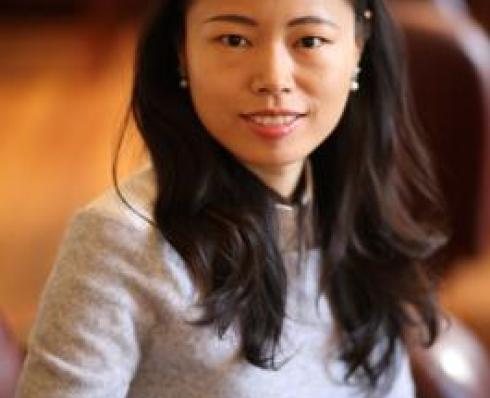
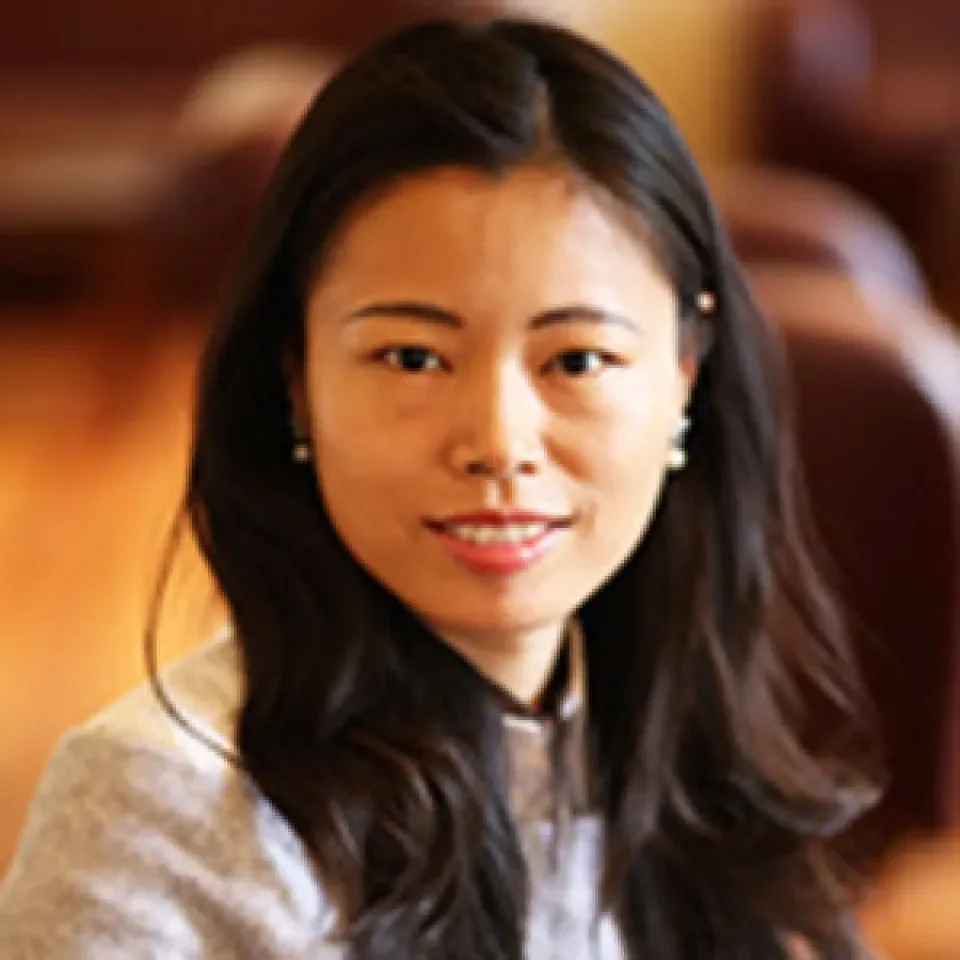
Dr Qi Zhang
Qi Zhang is an assistant professor of Chinese in the School of Communications at Dublin City University, Ireland. She teaches a wide range of subjects, from semi-specialised translation to literature, culture and society. Her recent research interests are narratives in translation, bilingual education and language attitudes. Qi’s research also addresses the topic of gender in language education and language use. She has authored a number of refereed articles and book chapters on Chinese language education among ethnic minorities, language attitudes and translation pedagogy.
E-mail: qi.zhang@dcu.ie
Tel: 01-7005199
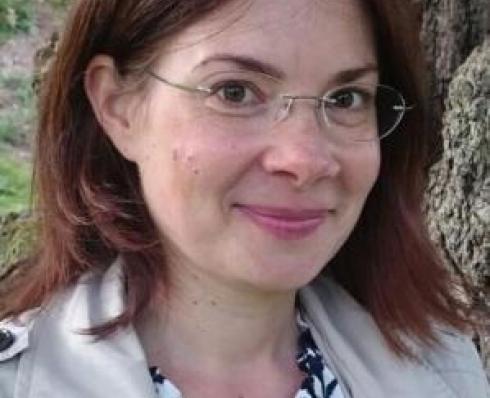
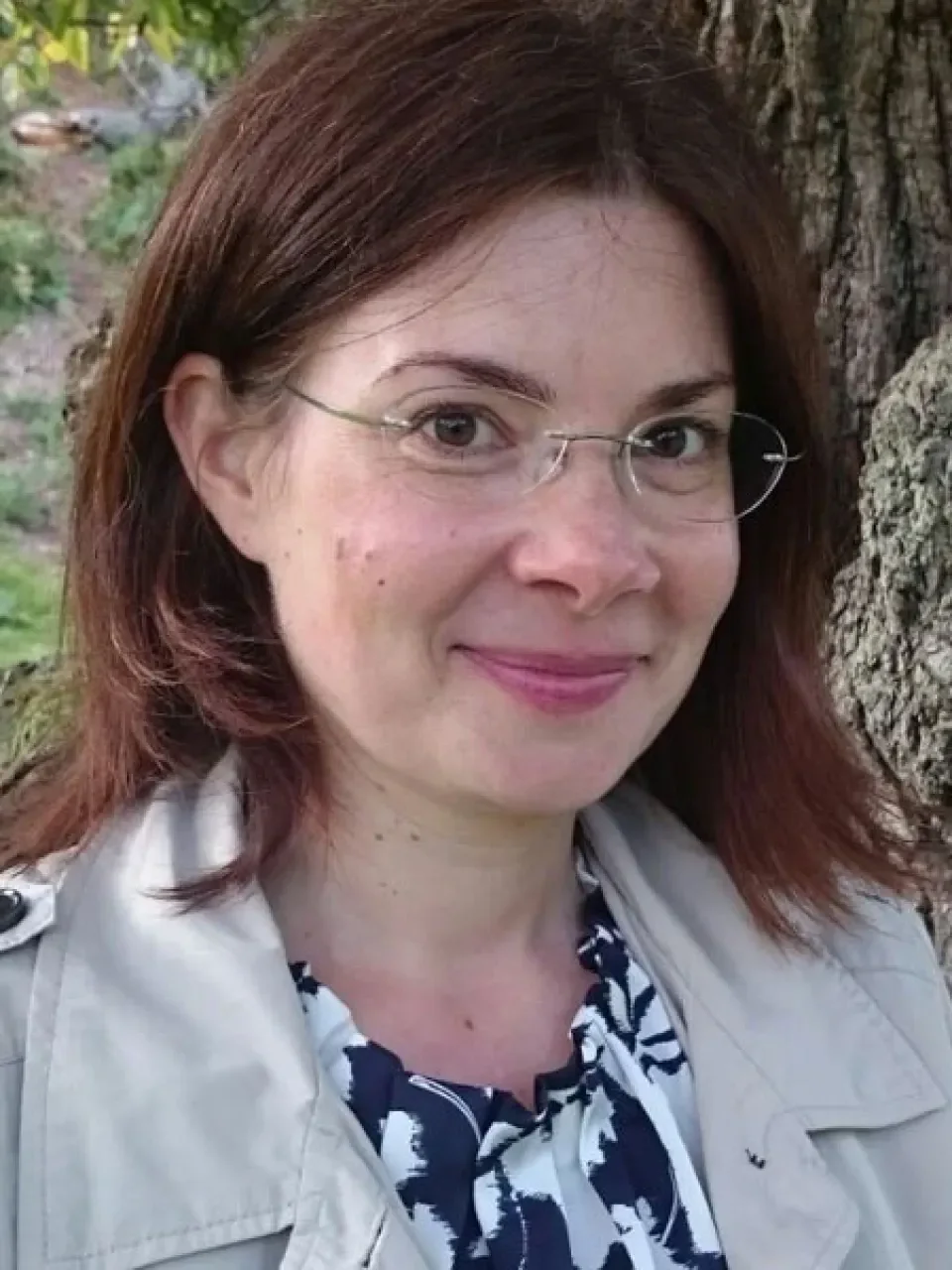
Dr Olga Springer
Olga Springer is Assistant Professor in the School of Applied Language and Intercultural Studies at Dublin City University, Ireland. She is a member of the Executive Committee of FRINGE Urban Narratives. From 2019 until 2022, she was a member of the Executive Committee of the European Society of Comparative Literature (ESCL), and from 2015 until 2022 editor of the Society’s Newsletter. Current projects include a co-edited special issue of Literary Geographies on “Sexual Imaginaries of the Literary Underground” (with Jean-Philippe Imbert, forthcoming in 2025) and the MA in Gender and Sexuality Studies at Dublin City University (from 2025/26).
E-mail: olga.springer@dcu.ie
Tel: 01-7005463
Research Areas: Ambiguity in literary texts; gender and sexuality in literary texts; urban literary studies; comparative literature; intertextuality.
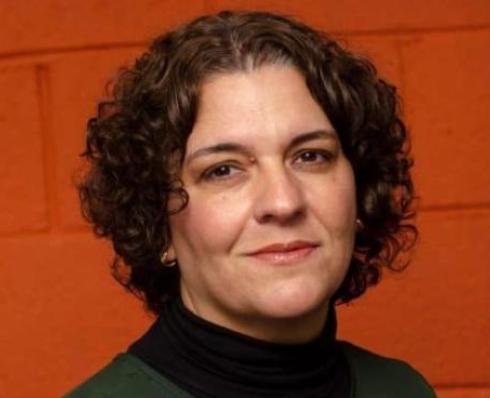
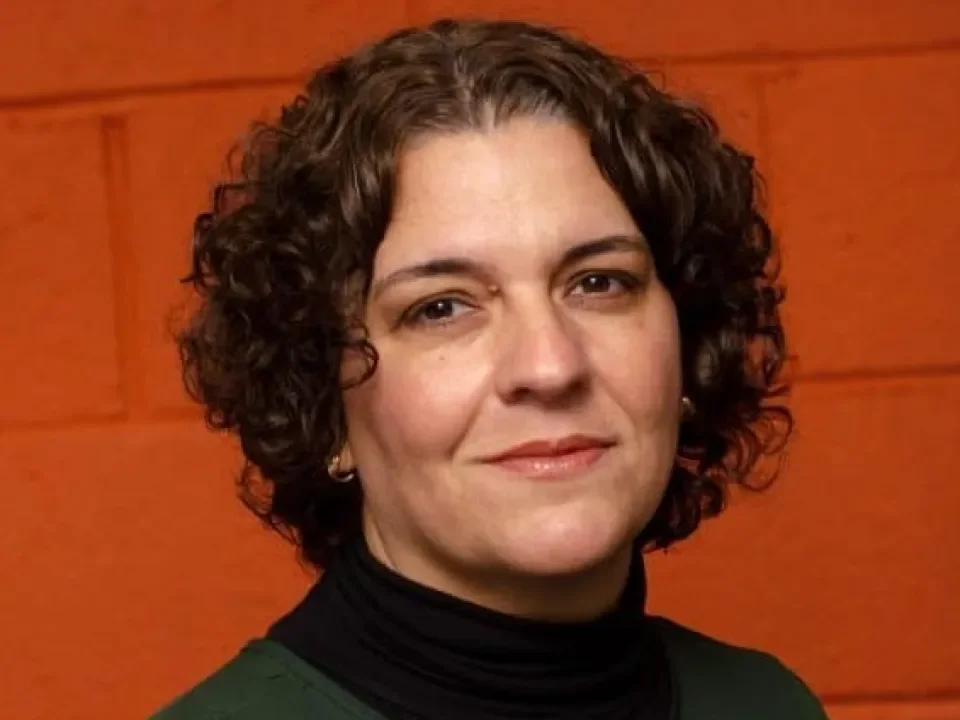
Dr Alicia Castillo Villanueva
Alicia Castillo Villanueva is an Associate Professor of Hispanic Studies and Gender at Dublin City University. Before joining DCU, she held various academic positions at University College Cork and the University of Limerick. She earned her primary degree in Hispanic Philology from the Universidad Autónoma de Madrid and a Higher Diploma in Education from the Universidad Complutense de Madrid. Additionally, she holds an MA in Hispanic Studies and Literary Translation from University College Cork (UCC) and a PhD in Gender Studies from the University of Limerick. In the field of teaching and learning, Alicia has exhibited notable leadership and innovation. Awarded with the Senior Fellowship of the Higher Education Academy (SFHEA), she has served in key positions, including Chair and Deputy Chair of the Bachelor of Arts (Joint Honours, FHSS). During her term, she drove significant advancements and made major contributions to programme development, particularly through substantive and successful innovations in curriculum design. Other roles she has held include Teaching and Learning Convenor for the BA Joint Honours and Equality, Diversity, and Inclusion (EDI) Convenor. Moreover, Alicia has shown exceptional leadership in advancing gender equality at DCU and in society. She was the Chair of the successful School application for the Athena Swan Bronze award in November 2023 and a recipient of the Aurora award for women in leadership in 2022.
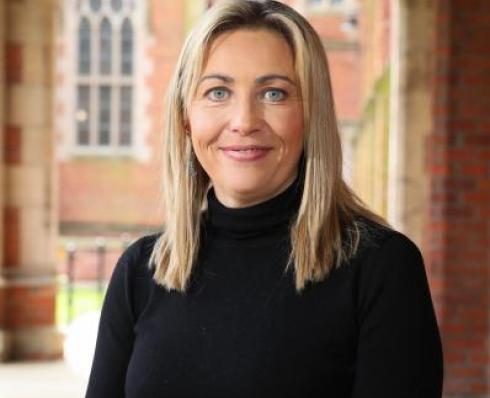
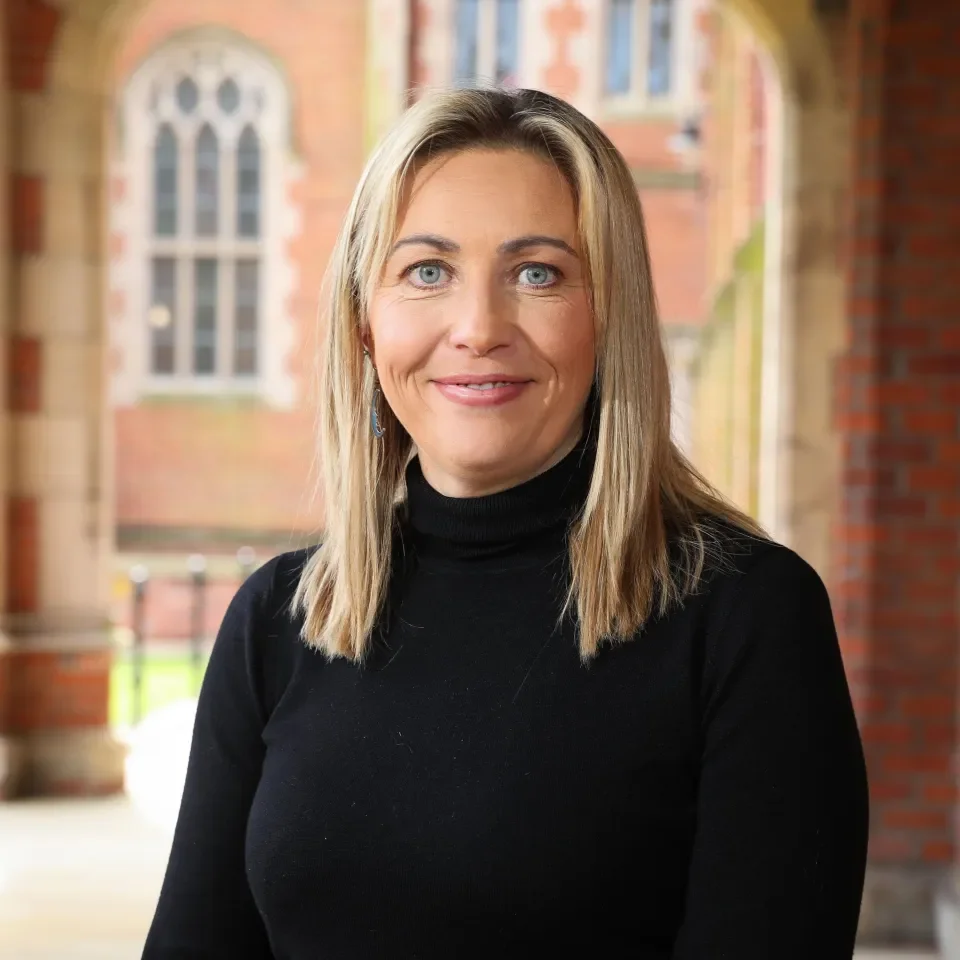
Dr Fiona Murphy
Fiona Murphy (fiona.b.murphy@dcu.ie) is an anthropologist based in the School of Applied Language & Intercultural Studies (SALIS) in Dublin City University. As an anthropologist of displacement, she works with Stolen Generations in Australia and people seeking asylum and refuge in Ireland, the United Kingdom and Turkey. She has a particular passion for creative and public anthropologies and is always interested in experimenting with new forms and genres. She is the author of a number of short stories and creative non-fiction pieces. She is currently co-editing a volume which brings together cross-genre creative work in anthropology. She has also produced a short film with Maria Loftus entitled “Ordinary Treasures: Objects from Home,’ which asks people seeking refuge to speak about the objects they brought with them from home. She is co-author of Integration in Ireland: The everyday life of African migrants in Ireland (Manchester University Press: 2012) and you can listen to her Tedx talk on displacement here.
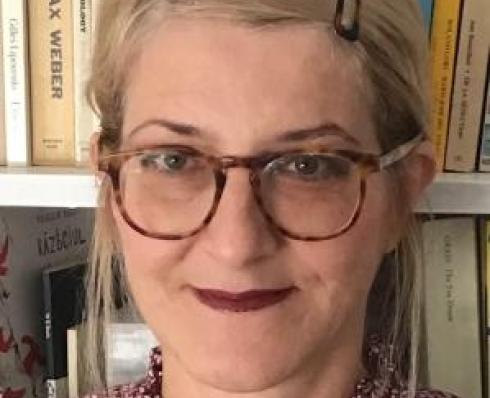

Dr Sabina Stan
Dr Sabina Stan is assistant Professor in Sociology and Anthropology in the School of Nursing, Psychotherapy and Community Health, at DCU, Ireland. Her research has dealt with the post-socialist transformation of Romanian agriculture, healthcare reforms in Central and Eastern Europe, European east-west migration, cross-border patient mobility in Europe, unevenness in the European healthcare space, and collective action in response to healthcare privatisation and healthcare worker mobility in Europe. She has published with CNRS Editions (Paris), Routledge, Oxford, Cambridge, and Rowman & Littlefield, as well as in journals such as Social Science and Medicine, Journal of the Royal Anthropological Institute, Medical Anthropology, Journal of European Social Policy, and Labor History. She has also acted as Senior Social Scientist in an ERC-funded project looking at labour politics and the new European economic governance (https://www.erc-europeanunions.eu). She is currently conducting research on the politicisation of alternative approaches to health and illness, which started with a study on health-related protests during the Covid-pandemic.
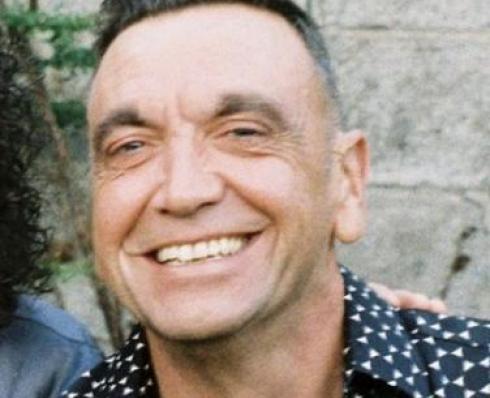
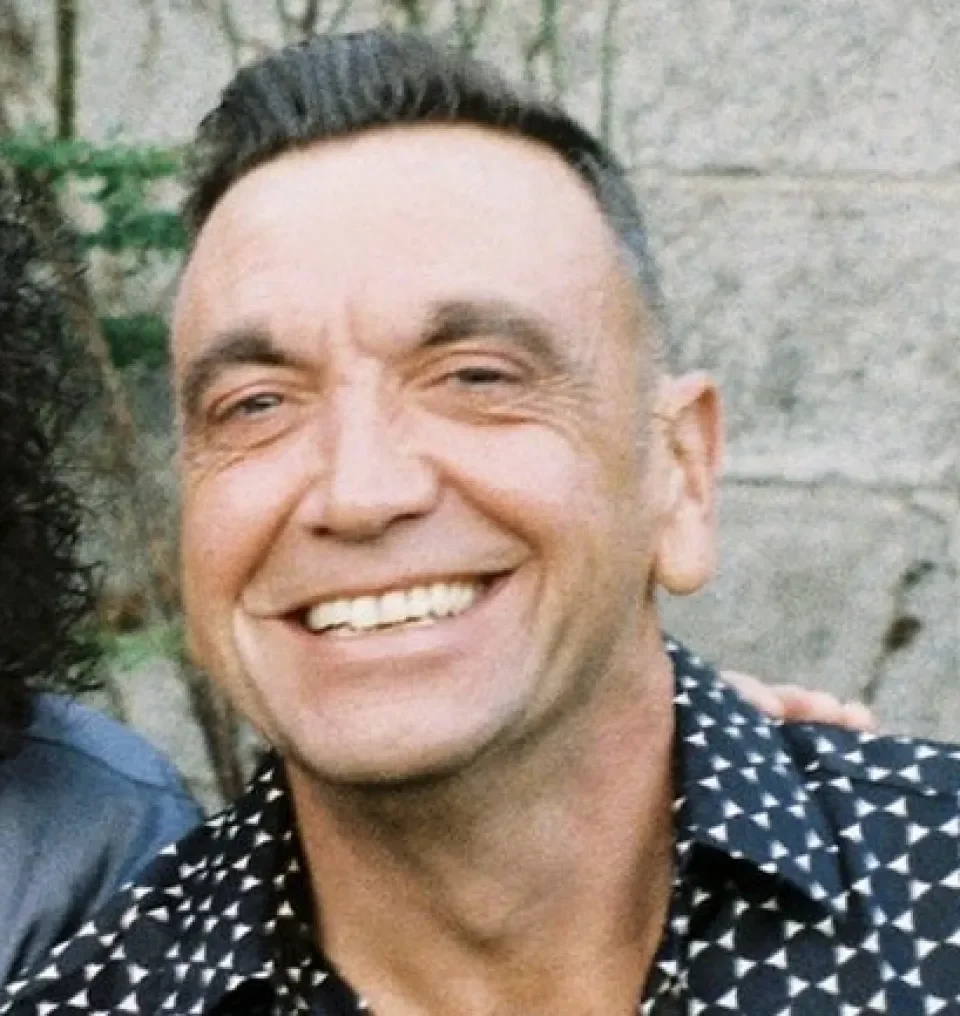
Dr David Carroll
Dr David Carroll has worked in the arenas of social justice & human rights for over 30 years. In this time, he has worked extensively with LGBTQ populations, migrants, and victims of human trafficking. David was a key player in Ireland’s same-sex marriage referendum campaign in 2016, which resulted in the country becoming the first to usher in gay marriage by popular vote. His IRC funded PhD explored the special relationship which can exist between LGBTQ communities & popular music, and argued that as a decade, the 1980s offered multiple examples of this. He currently holds the position of Anti-Racism Project Coordinator with The Irish Congress of Trade Unions.
Research Interests: LGBTQ/PopularCulture/Media/Migration
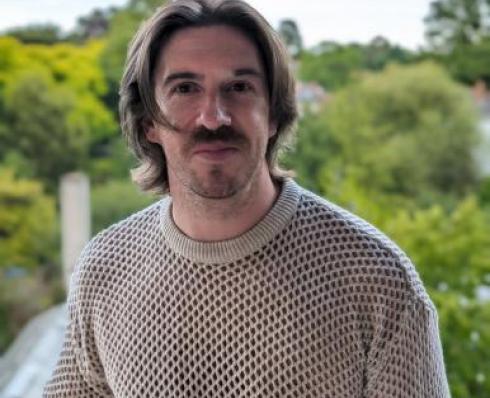
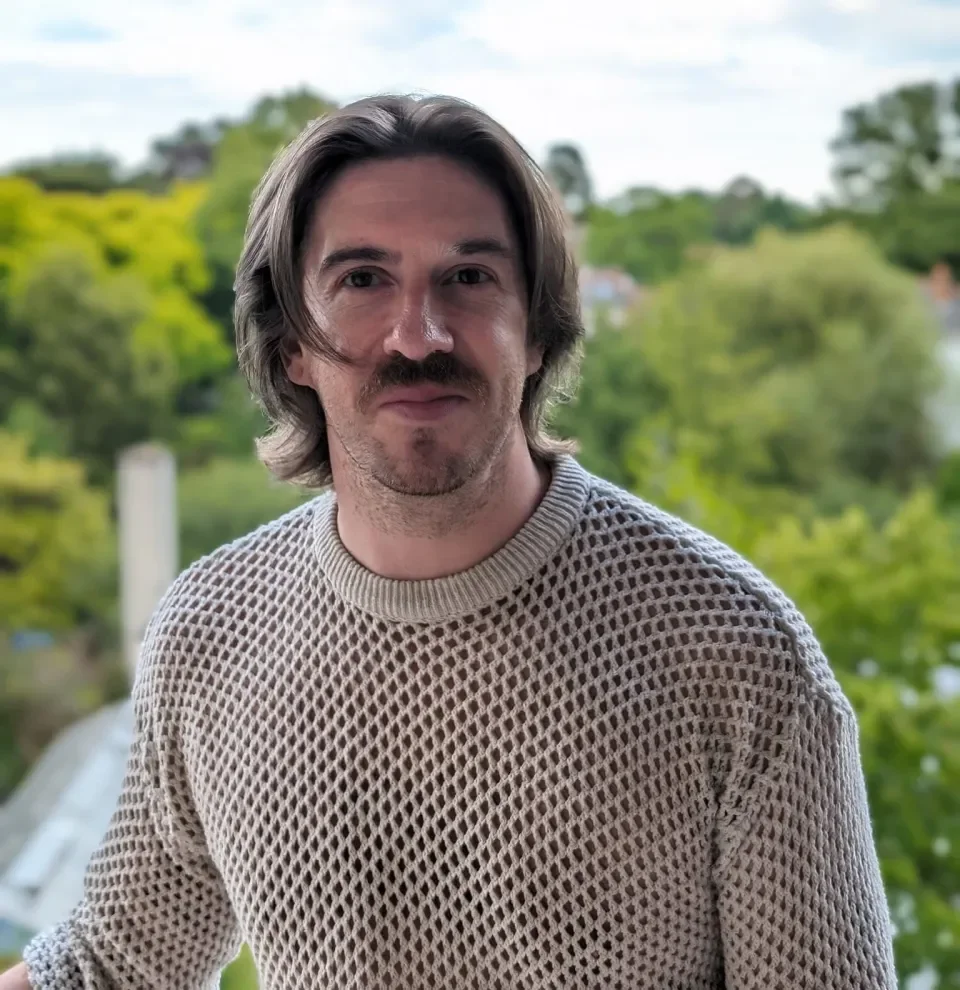
Dr David O'Mullane
David O’Mullane is a doctoral scholar at the Institute for Research on Genders and Sexualities (IRGS) at Dublin City University (DCU). In his PhD, Haunted Sex: Queer Art and the Spectral Politics of Cruising, David uses representations of cruising cultures in contemporary art and theory to explore how the past informs gay/queer sexual politics in the present. Theorising queer sex as haunted – by the sting of abjection, the trauma of loss, the idealistic hopes of liberation and queer futurity – David’s research demonstrates how the gravitational force exerted by spectral pasts and political ideals can overburden sex with meaning, agency and ethicopolitical potential. Adopting a deidealizing approach to cruising cultures allows him to engage a more nuanced approach to sexual politics, untethering dissident sexual practices from the responsibility of realising dystopia or utopia.
David has published a chapter on viral hauntology and post-crisis cruising discourses in the book HIV/AIDS in Memory, Culture and Society (Palgrave Macmillan, 2024). He is co-organizer of the 2023 SEX Pan!cs International Conference and cofounder of Cruising, a forthcoming print publication produced with artist and academic Matt Ryalls. His research and teaching interests encompass queer studies and critical theory; art history and artivism; film and fashion studies; and medical humanities.
E-mail: david.omullane2@mail.dcu.ie
Research Areas: Queer Theory and Politics; Sexual Cultures and Politics; Art and Visual Culture; Memory Studies, Nostalgia and Hauntology; Neoliberal Informed Subjectivities and Health Policies


Dr Agata Wieczorek
Wieczorek is a Polish-origin artist currently living and working in Ireland.
Her practice evolves between film and photography while moving between constructed documentary and documented fiction.
She graduated from the Strzeminski Academy of Fine Arts, where she studied intaglio printing techniques and photography; and from The National Film School in Lodz, where she studied photography and cinematography. In 2022, she graduated from Le Fresnoy – Studio national.
Her artistic and filmic work has been showcased and awarded internationally, in art institutions and film festivals (Art Basel Miami, US - The Finnish Museum of Photography, FI - Gérardmer Int FF FR - New Horizons Int FF - among others).
In 2023, she was awarded with the Government of Ireland / Irish Research Council Postgraduate Award (2023) which supports her artistic research. Her PhD research and artistic practice focus on representation of women’s reproductive rights in arts and medical humanities.
E-mail: Agata Wieczorek
Tel: +353 87 48 52 116
Research Areas: reproductive rights, abortion, childbirth, infanticide, gender, sexuality studies, femininity, womahood, visual arts, film
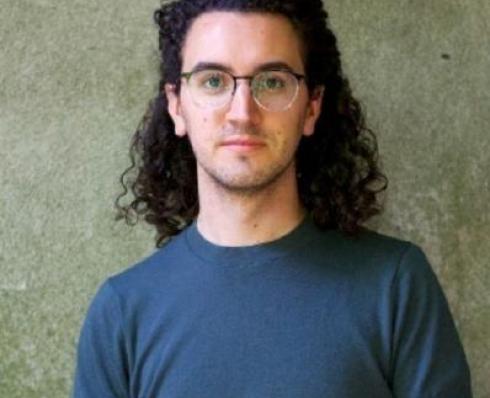
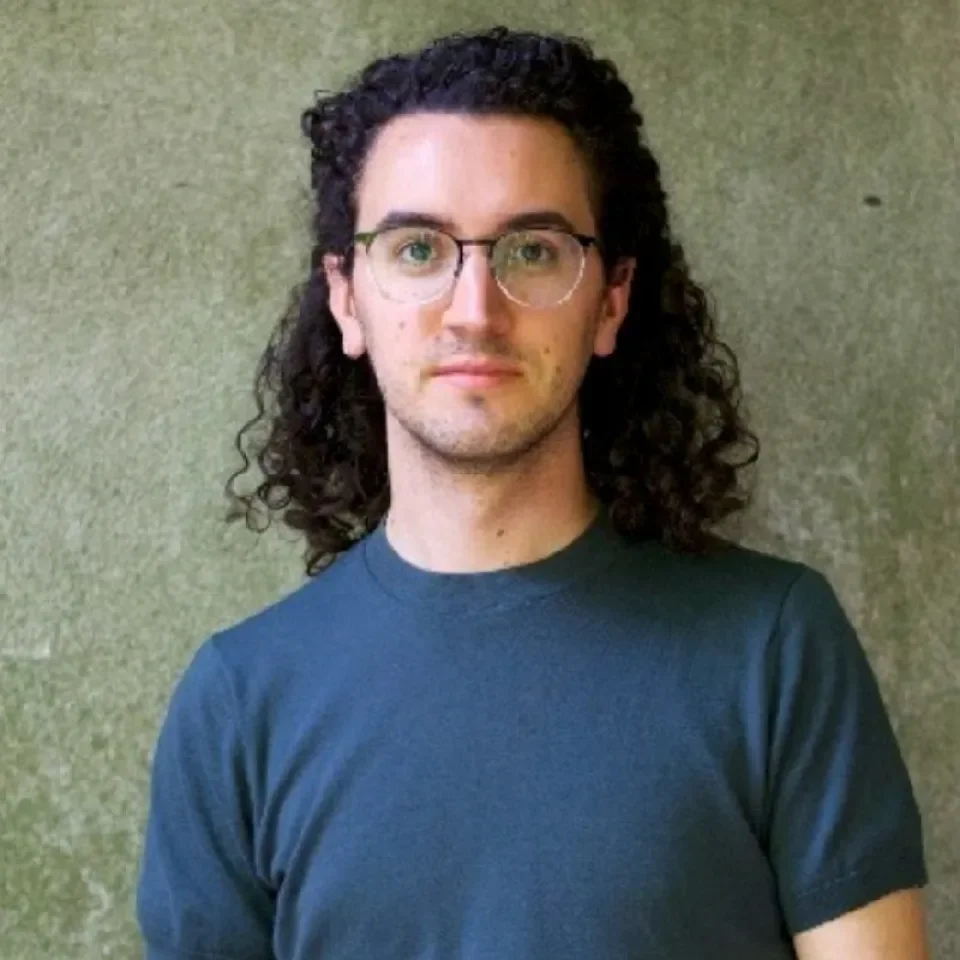
Pepe Sanchez Molero
Pepe Sánchez-Molero (they/them) is a spatial/urban researcher and designer who collaborates internationally with grass-root associations, design studios, museums and universities – in the fields of urban and exhibition design, curatorial work and activism.
After graduating with a M.Sc. in Architecture in Germany and working in urbanism and exhibition design for the past five years, Pepe is currently pursuing a PhD by artefact researching spatial productions by/for queer migrant communities. Pepe’s PhD will produce an artefact consisting of an exhibition curated and designed by them, as well as a cultural programme informed by queer performativity.
Pepe’s overall research interests are based on the production and accessibility of communal and community-based spaces, specifically the queering of space.
Pepe is part of the chore organising team of “qswg” (queer space working group), which organises online events and talks on the topic of queer architectural and spatial productions, intersecting with history, education, homemaking, health, migration etc.
E-mail: jose.sanchezmolero7@mail.dcu.ie
Research Areas: queer space, queer geographies, spatial and urban studies, migration studies, performativity, ballroom, curatorship, exhibition design
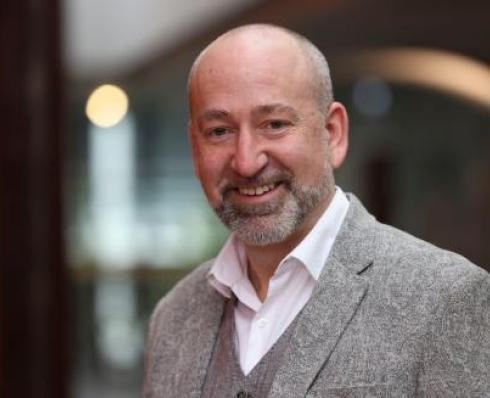
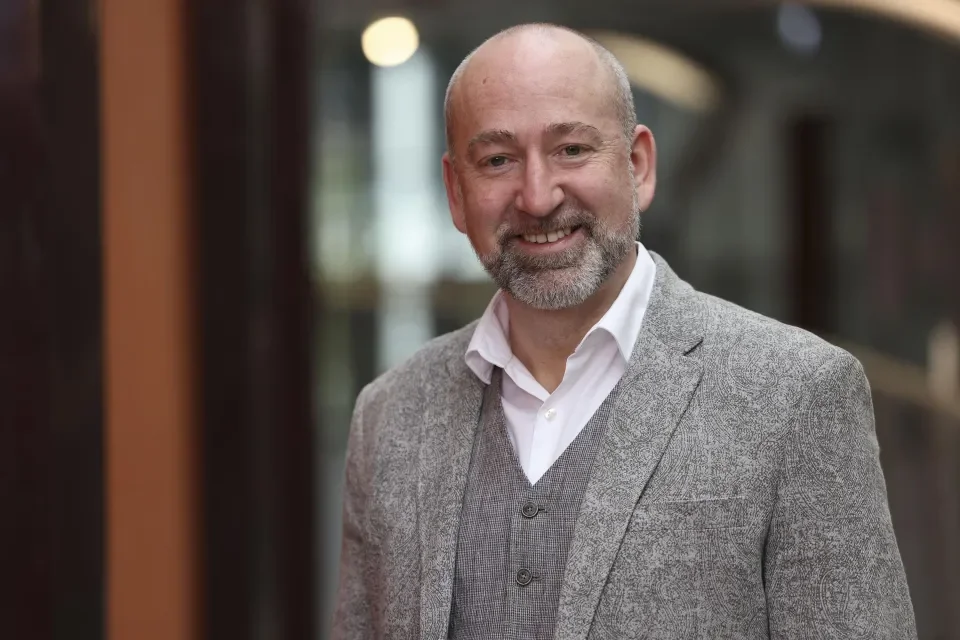
Dr Ray O'Neill
Dr. Ray O’Neill is Assistant Professor in Psychotherapy with DCU's School of Nursing, Psychotherapy and Community Health and a Psychoanalytic Psychotherapist in private practice working mainly, but not exclusively within the LGBTQ community. As one of Ireland’s few resident male Agony Aunts, a regular contributor to The Ray Darcy Show, and co-fronting RTE’s Then Comes Marriage Ray works significantly (and sometimes with significance) with the media in discoursing love, relationships, and desire in the twenty-first century. Current research explores relationships between desire and contemporary modern technologies; and the individual and collective transmission of trauma across generations, with particular emphasis on the Irish Famine experiences.
Recent publications include :
"Oscar Wilde: Father and Som. Repeating Trauma across Generations'': Psychoanalysis, Gender, and Sexualities Routledge, 2022.
'Tá an Neamhchomhfhiosach Struchtúrtha mar Theanga: If the Unconscious Is Structured Like a Language, How Might Speaking in Tongues Indicate Something Singular in the Structurings of an Irish Gaelic Unconscious?' published in Psychoanalysis, Culture and Society, Palgrave, July 2020.
“‘Tá Súil Agam’: Deadly Visions of History in Ireland” ABEI Journal, Associação Brasileira de Estudos Irlandeses, The Brazilian Journal of Irish Studies, Vol. 20.3, December 2019.
His clinical website is available on www.machna.ie
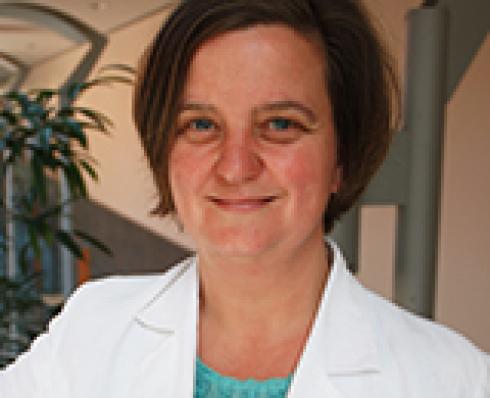
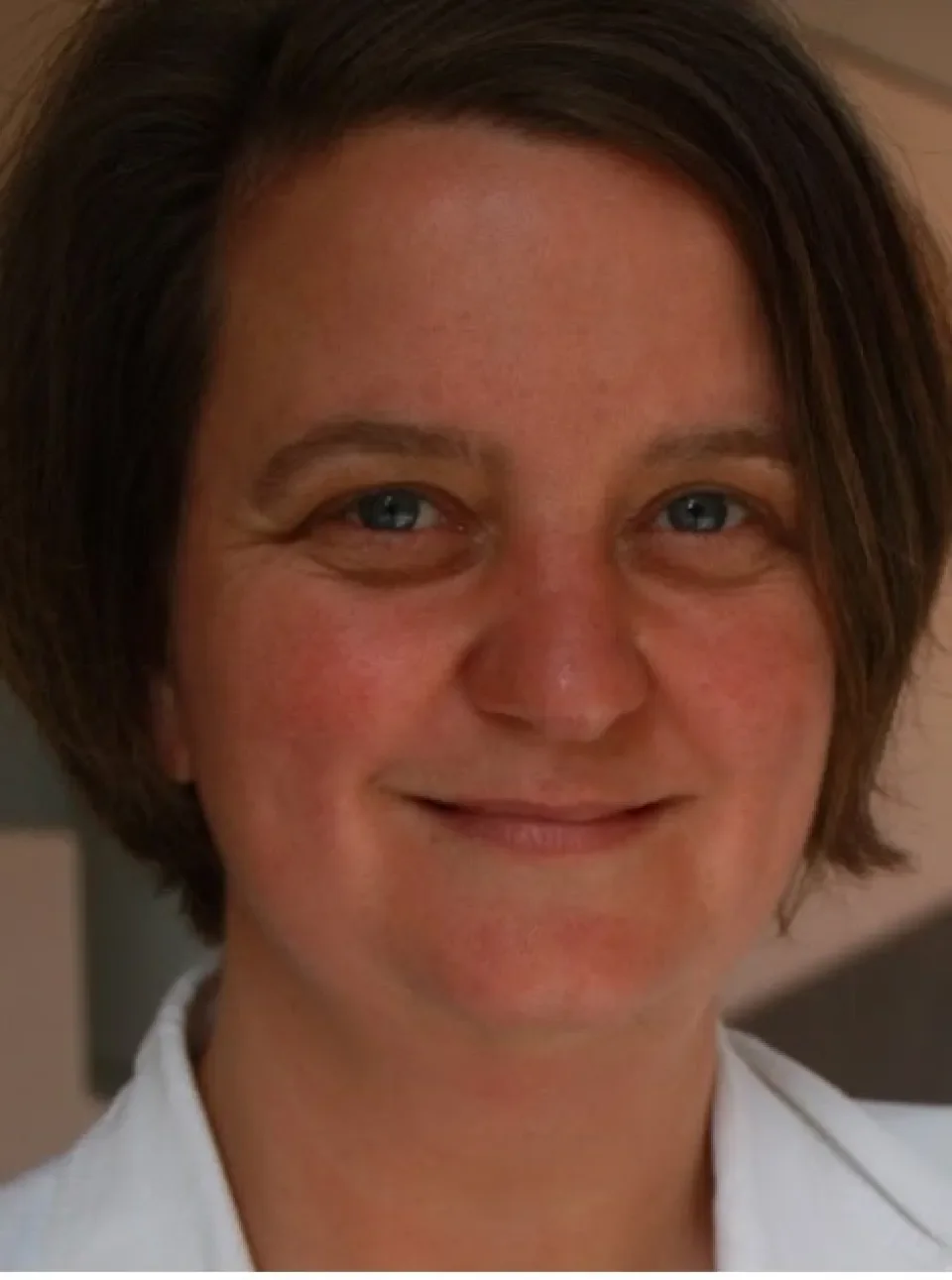
Prof Anne Matthews
Biography
Anne Matthews is a Full Professor of Nursing in the School of Nursing, Psychotherapy & Community Health at Dublin City University, Ireland. She is a Registered General Nurse and Registered Midwife and studied social policy at University College Dublin and the London School of Economics and Political Science. Her PhD was a study of power and empowerment in midwifery in Ireland. She has worked in nursing, midwifery, health and social research, education, policy and practice in Ireland, England and Malawi. She teaches and researches on maternal and child health, reproductive and sexual health rights, power and empowerment, global health inequities and challenges and sustainable development.
Anne’s research also addresses health and community systems and services and in particular the workforce needed to provide safe and equitable care. She is a Director of the NGO Beyond Stigma, a member of the Audit and Evaluation Committee of the Dept of Foreign Affairs and a member of the National Research Ethics Committees for Clinical Trials.
E-mail: anne.matthews@dcu.ie
Tel: 01-7008957
Research Areas: Global health; Health equity; Sustainable development and health; Breastfeeding policy and supports; Maternal, newborn and child health and services; Sexual and reproductive health, rights and services; Nursing & midwifery workforce planning; Measuring empowerment in nursing and midwifery. Systematic Reviews; Scoping Reviews; Survey design, scale development and testing.

